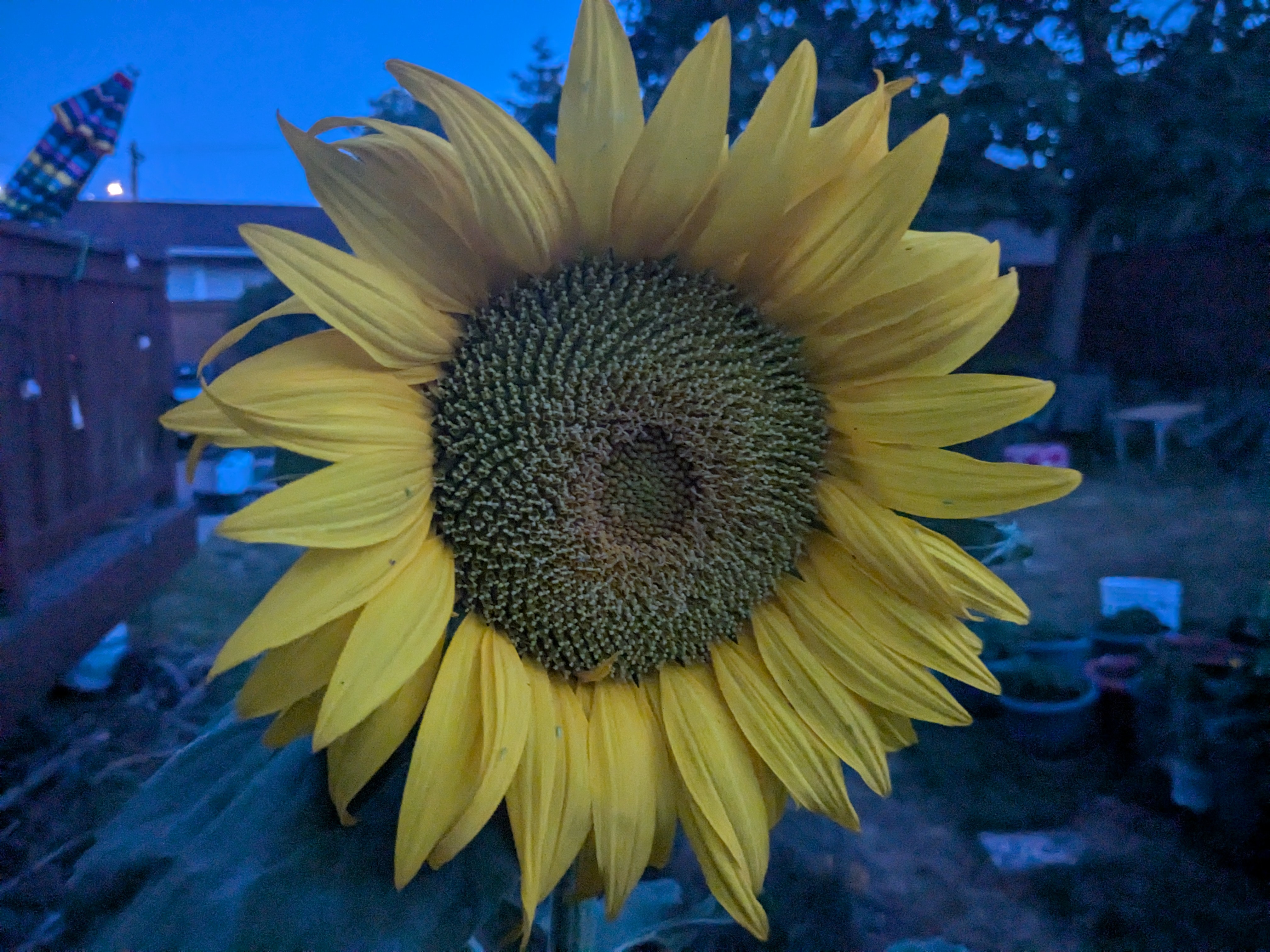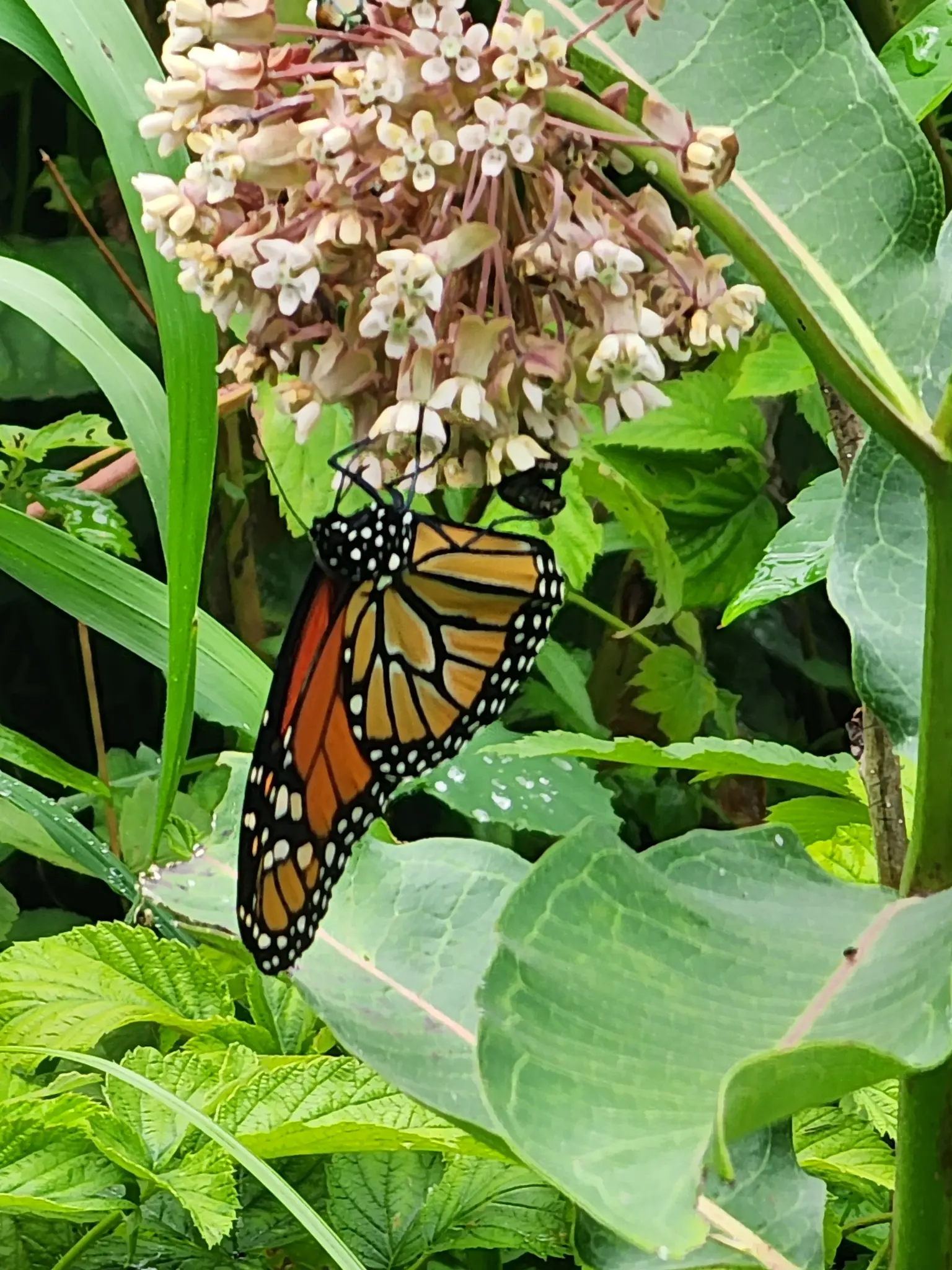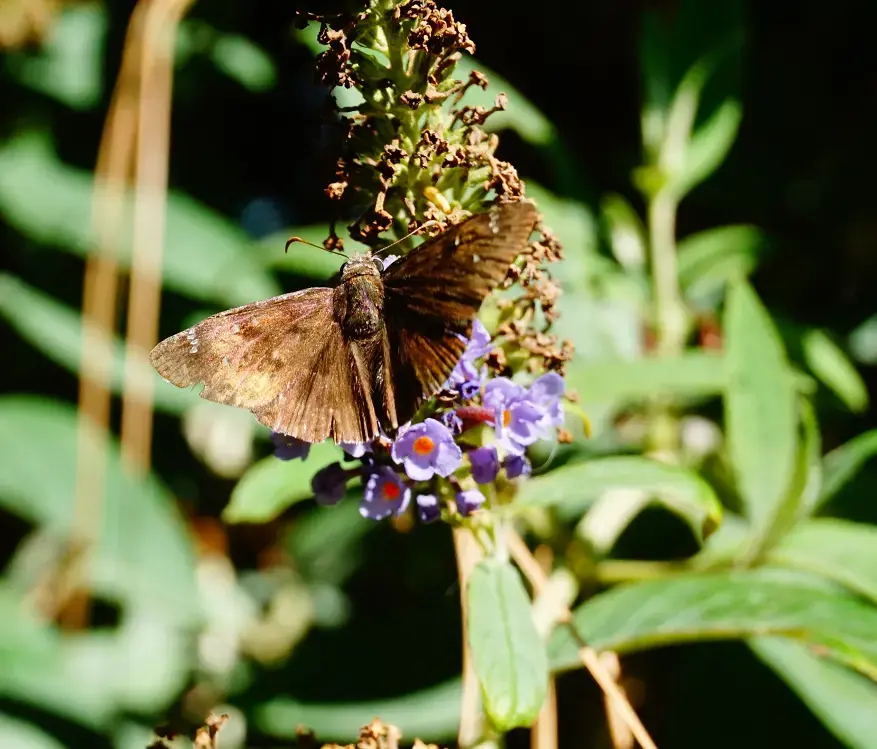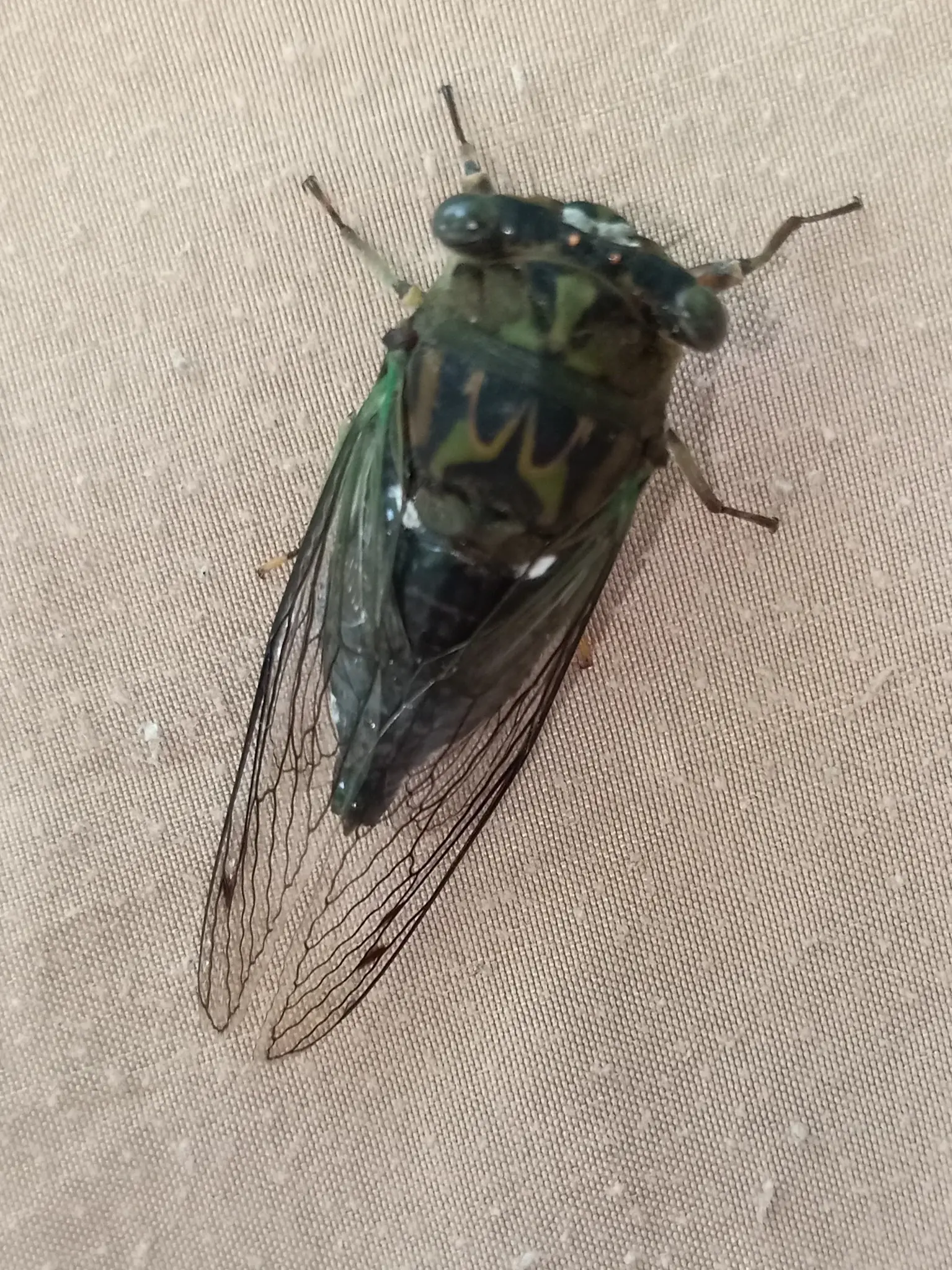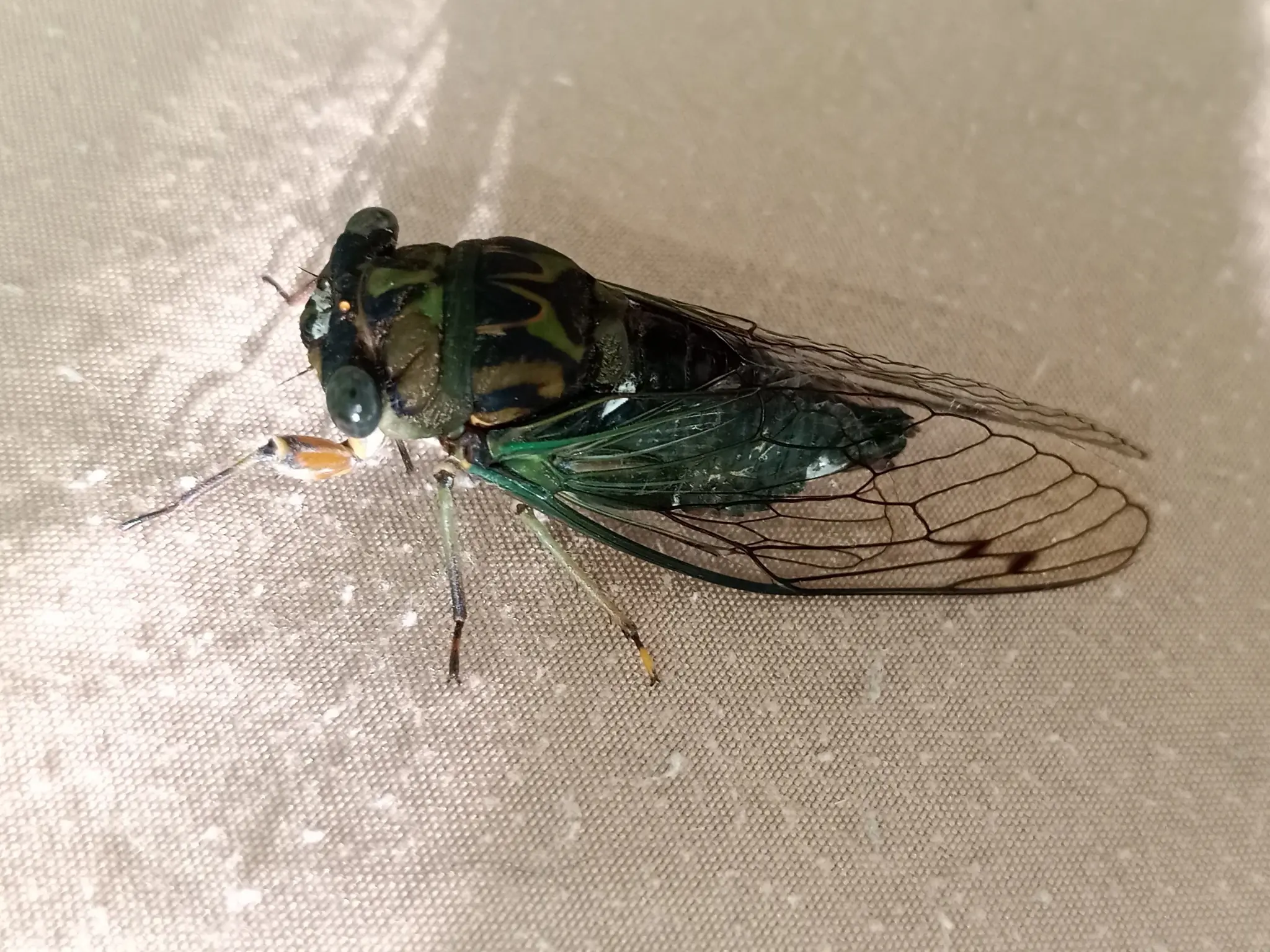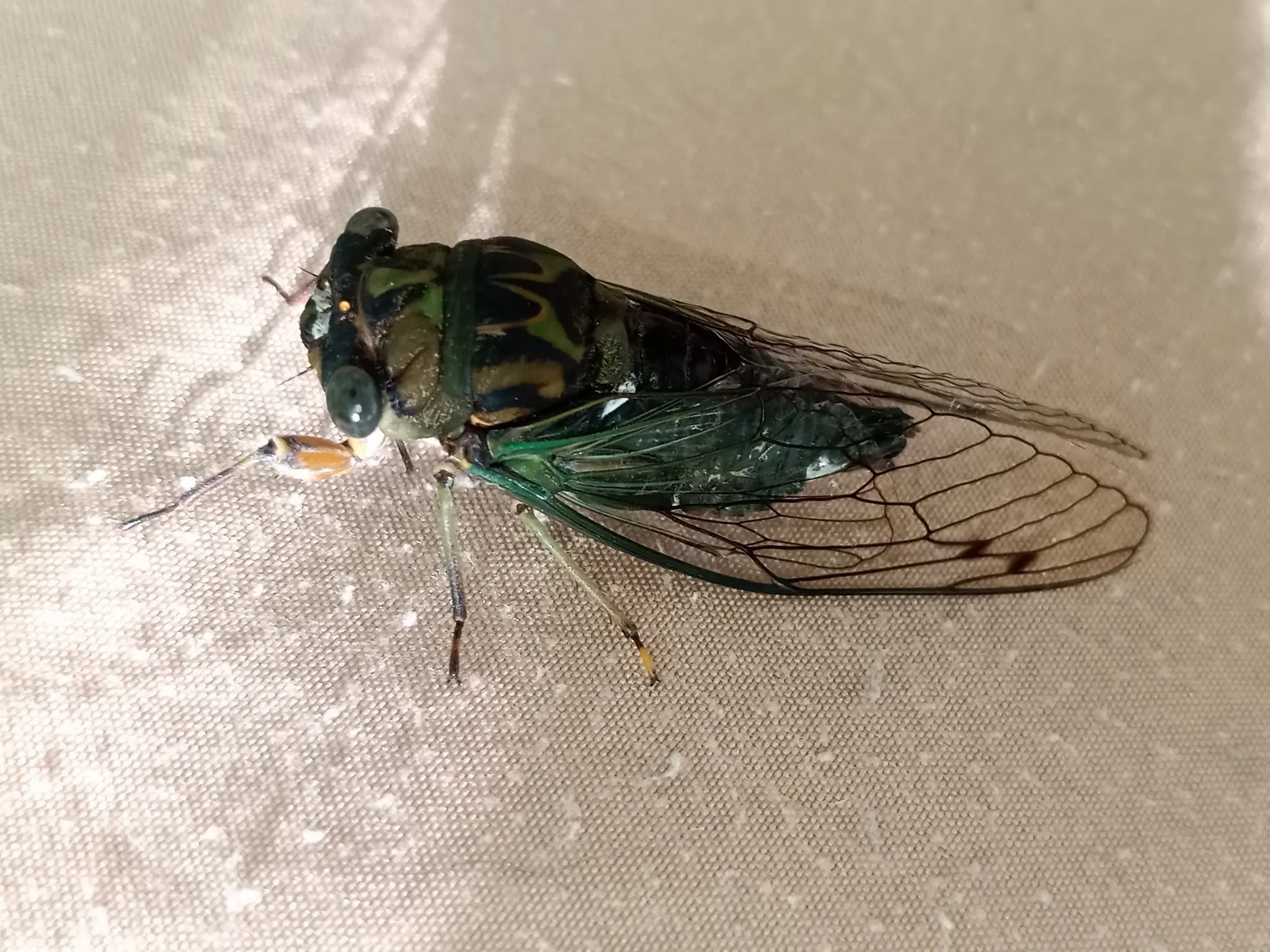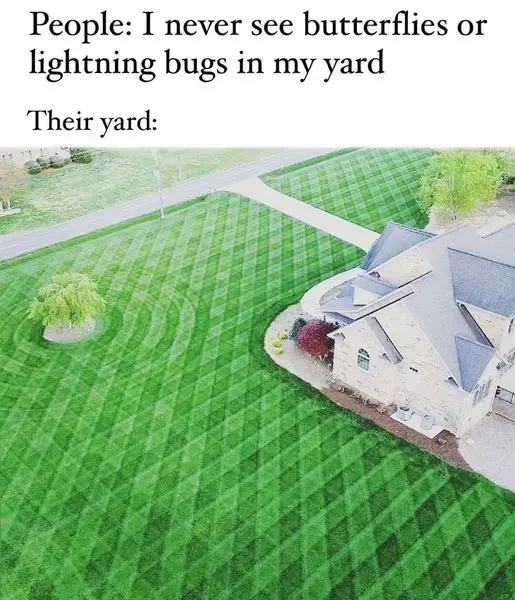Howdy, gardeners!
It's been a minute since I posted, but my PNW garden is just getting up to steam!
My first cukes came in, I'm growing 'Spacemaster 80' slicing cucumbers and 'Homemade Pickle' cucumbers, for obvious reasons.
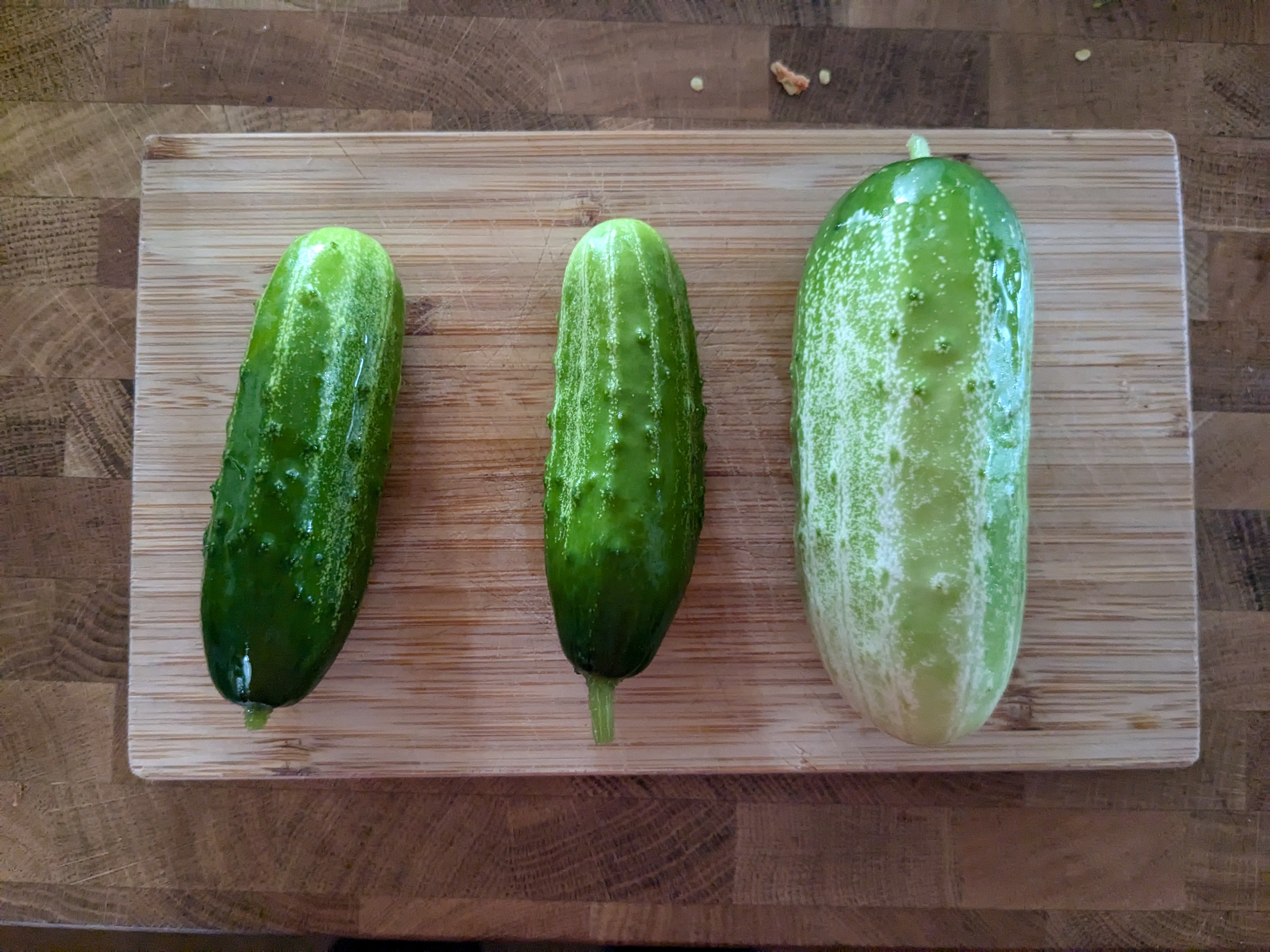 I've just made my first batch of pickles using a Claussen knock off recipe from the forbidden site, so we'll see how that goes. It just went in the fridge for cooling, so I get to try it in just a couple days!
I've just made my first batch of pickles using a Claussen knock off recipe from the forbidden site, so we'll see how that goes. It just went in the fridge for cooling, so I get to try it in just a couple days!
I've started researching canning, as I want to can peppers, tomatoes, beans, and maybe corn - should the Corn Experiment prove bountiful. Learning how to Not Get Botulism seems pretty important!
My tomatoes are doing well - I'm growing Roma, Gardener's Delight, and Oxheart.
I'm endlessly fascinated by how the Roma tomatoes look like they do on the label of the can :)
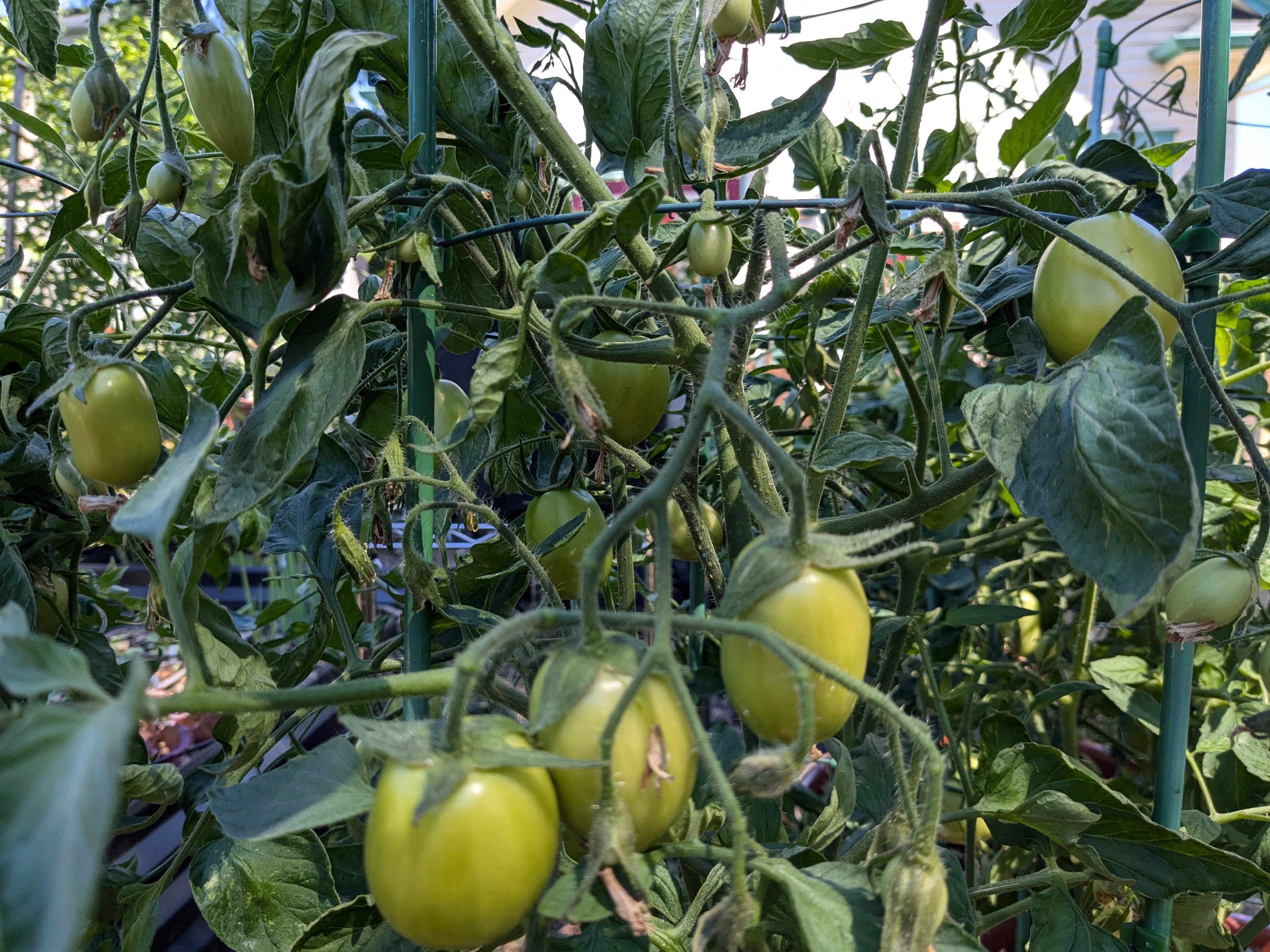 Those are in containers. The other two varieties are trellised and are going nuts!
Those are in containers. The other two varieties are trellised and are going nuts!
Gardener's Delight:
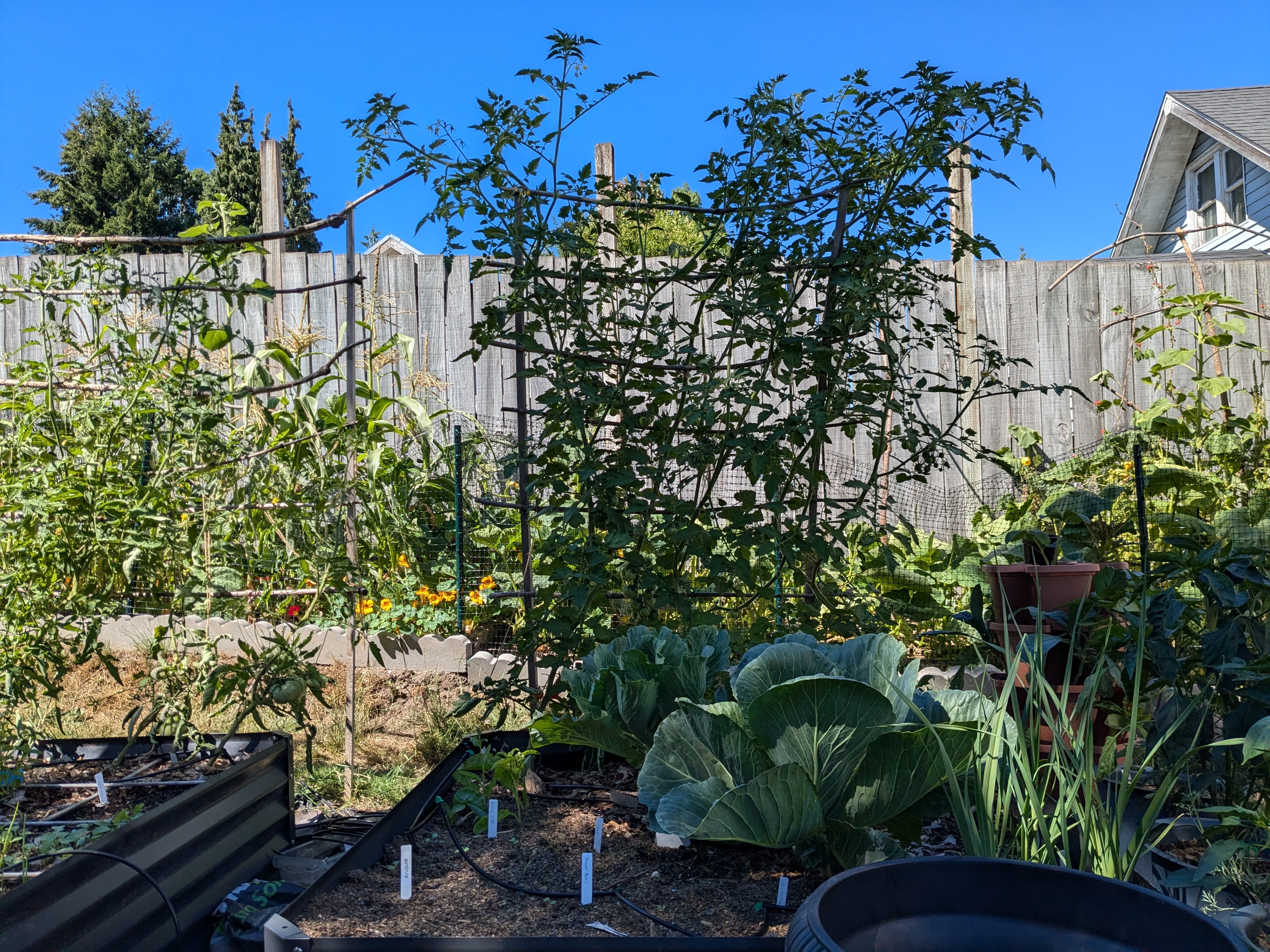
Oxheart:
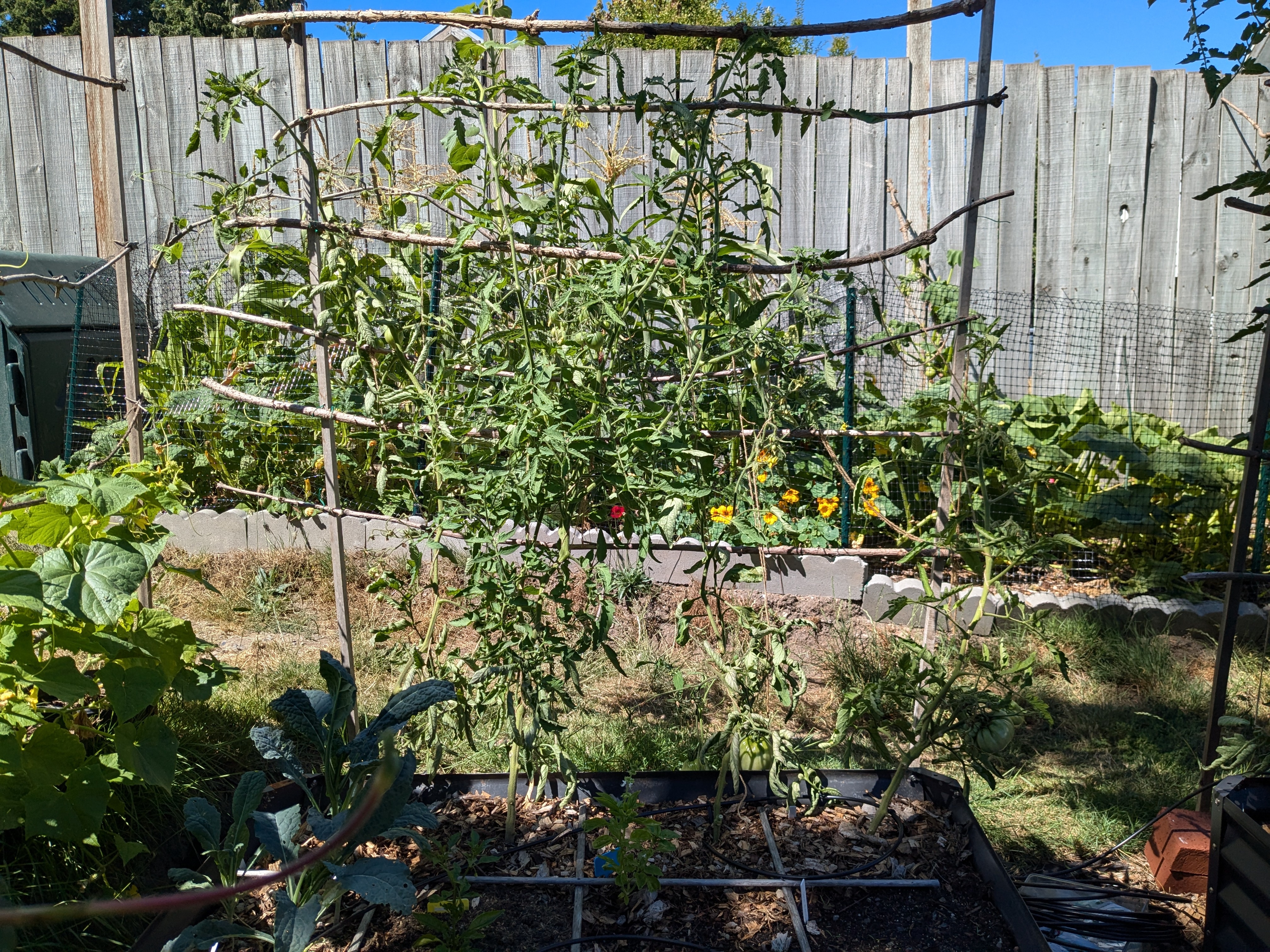
Gardener's Delight Closeup:
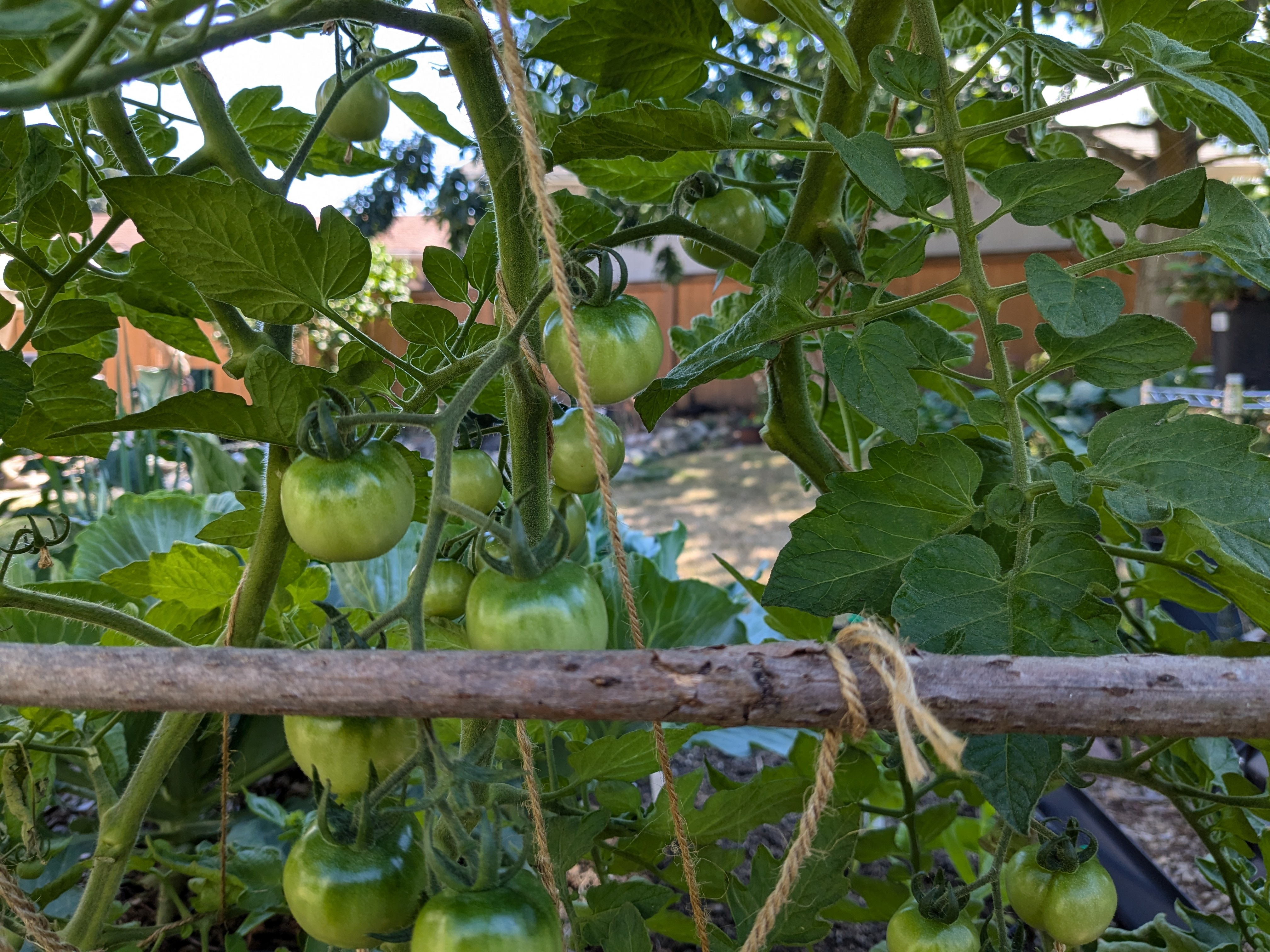
Oxheart Closeup:
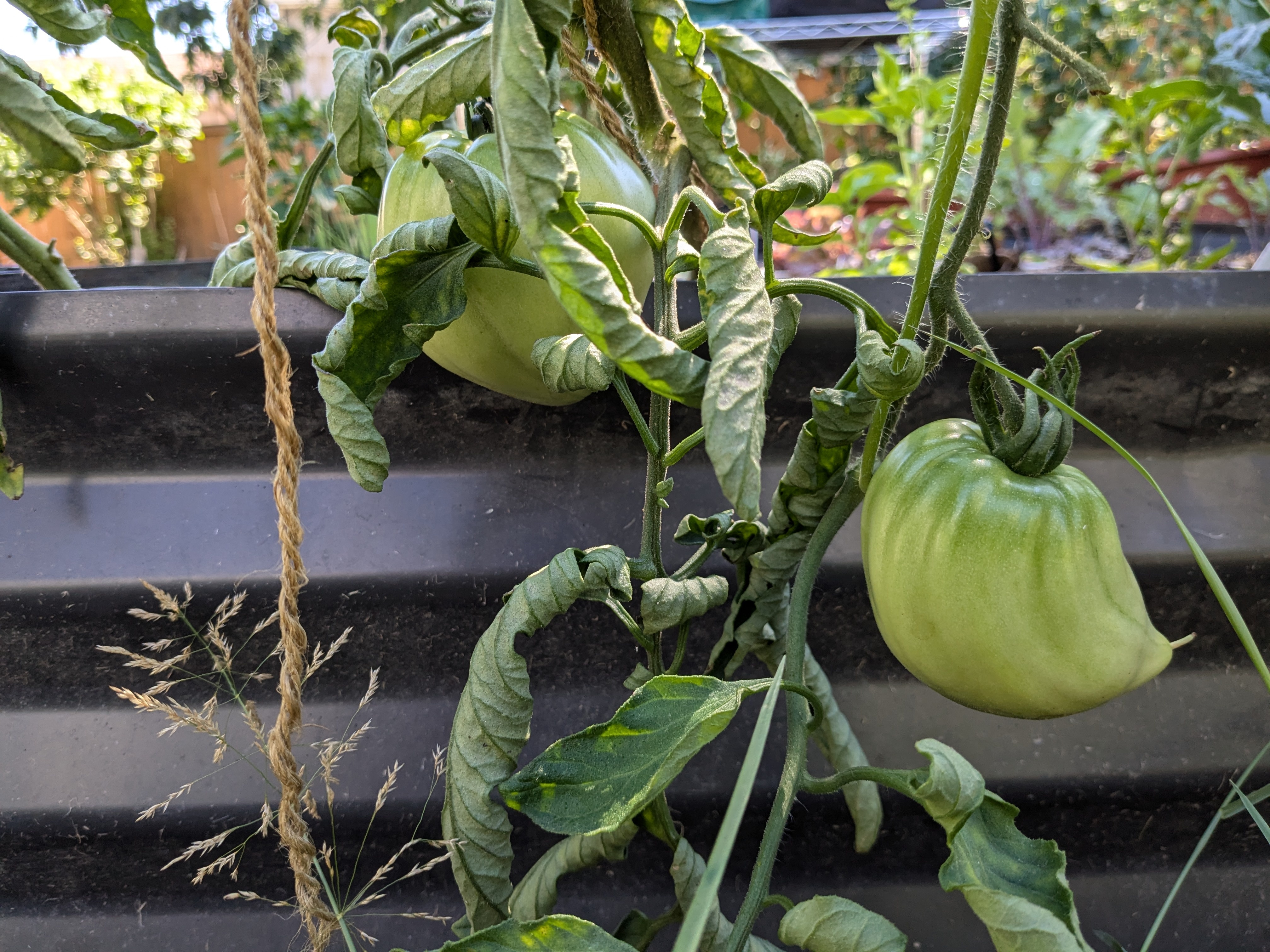
All the peppers are finally flowering. I'm growing Serrano, Jalapeno, Poblano, Shishito, and Ground Cherries. They are all growing rather well except a couple of the Shishito's in the raised bed seem quite small.
In my Three Sisters Garden, corn is growing fairly well, it seems half of them are 'normal' size and the other half are still half height, so I may have packed it too tight. I'm growing Blue FM1 pole beans, which have just flowered and are doing well, as well as pumpkins, of which two have grown so far, still green.
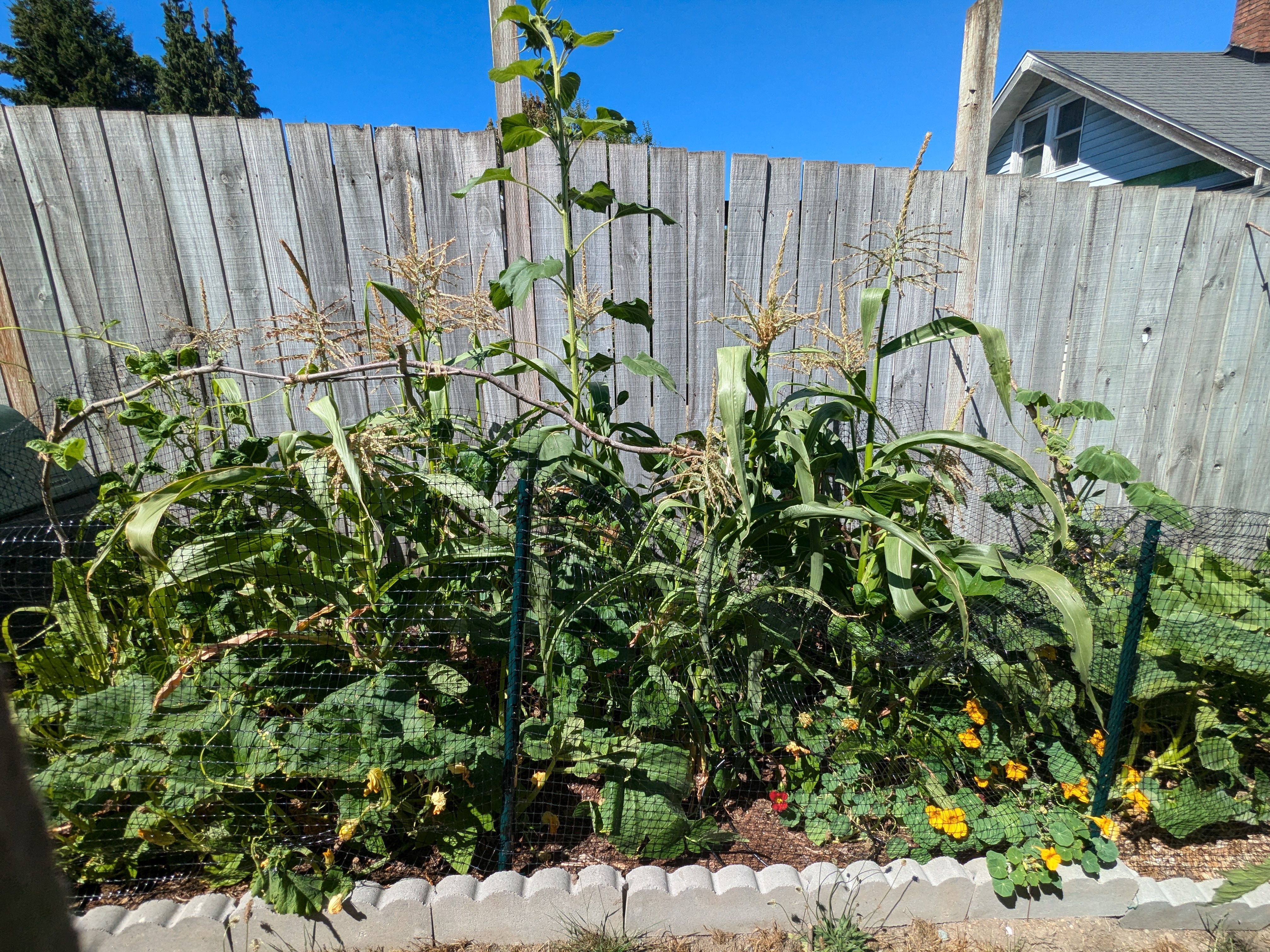
In the Squash Garden, I've got crazy vines from my Kubota squash, with 4 or so gourds growing. I planted beans here but they never really took off.
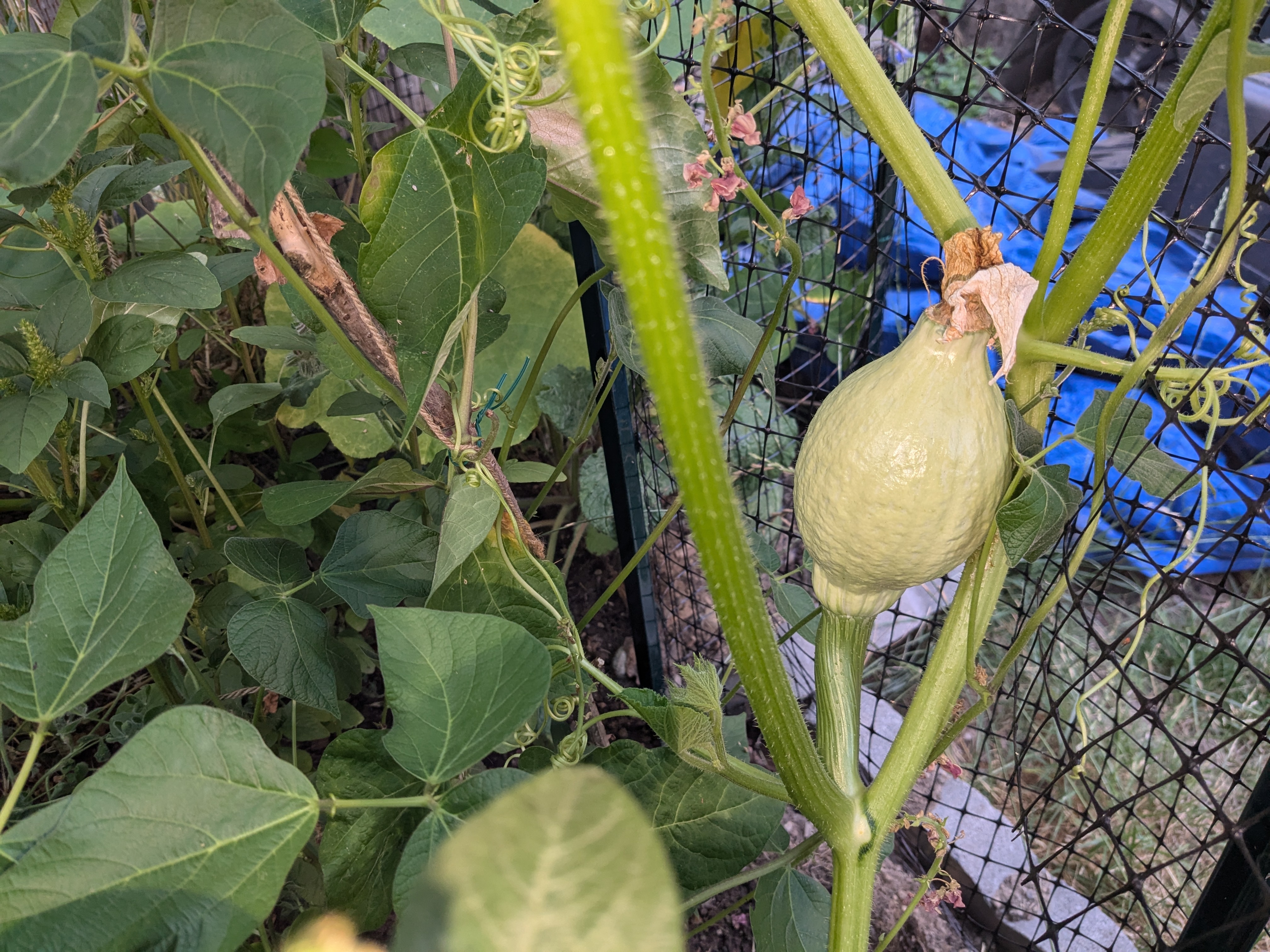
I also built a 'Wildlife Garden' this year. It's open to the public (animal visitors) and I don't do any pest control here. It's also gone NUTS! I have Blue Hubbard squash growing a mile a minute with 8 gourds on the vine, scarlet runner beans reaching for the sky, some ridiculous sunflowers pushing their way up, chamomile, clover, feverfew, boy it's wild! It's fun to look at.
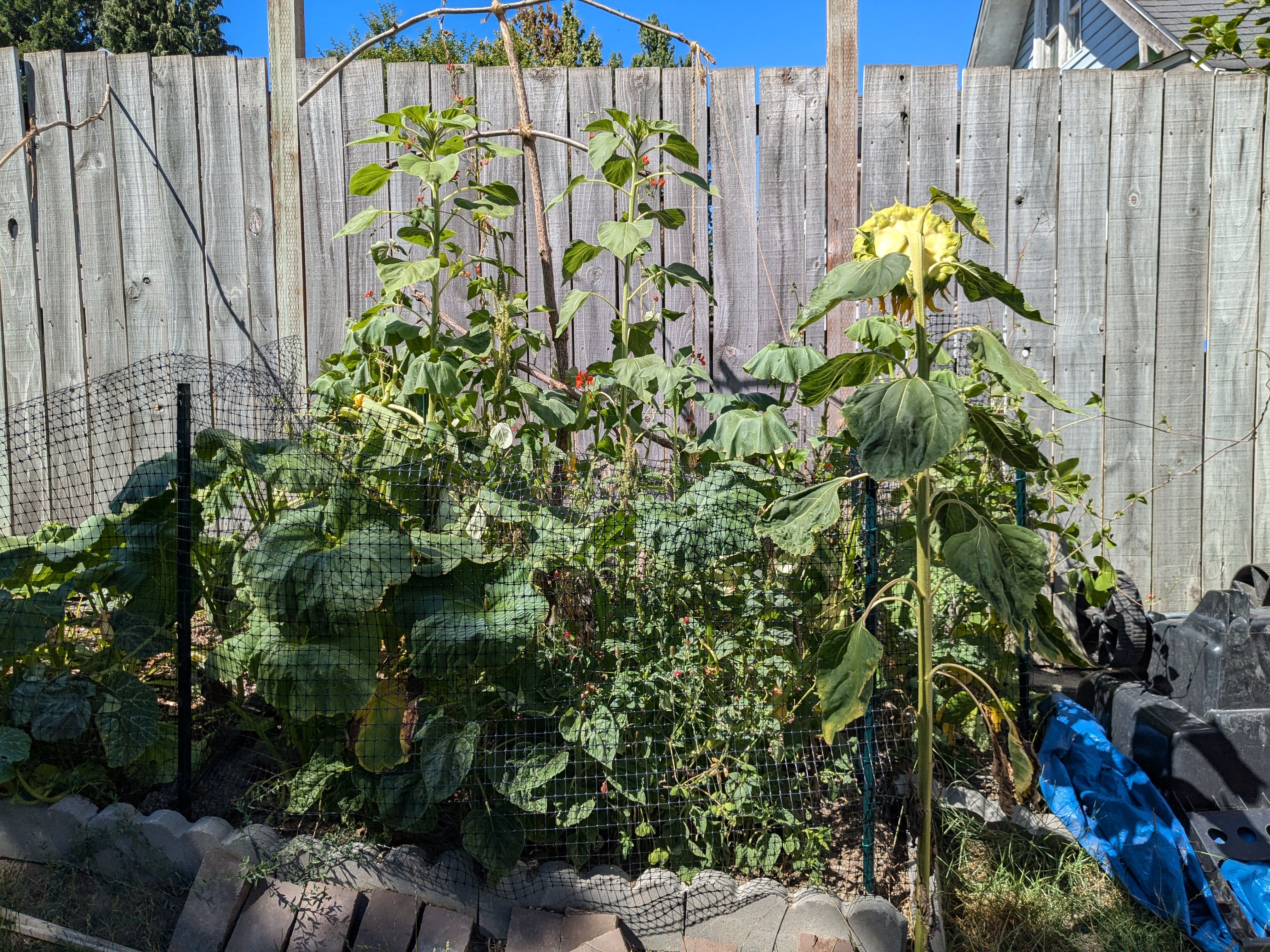
For salad greens we've had the 'Tower of Power' going for a few months - it was a strawberry planter that I stuck a bunch of transplanted lettuce/chard/kale/mustard plants into. It produced salad for us every couple days, pretty excellent! My wife asked me to start migrating it back to strawberries, so I've started that process. Due to that, I've replanted a bunch more greens to keep us going!
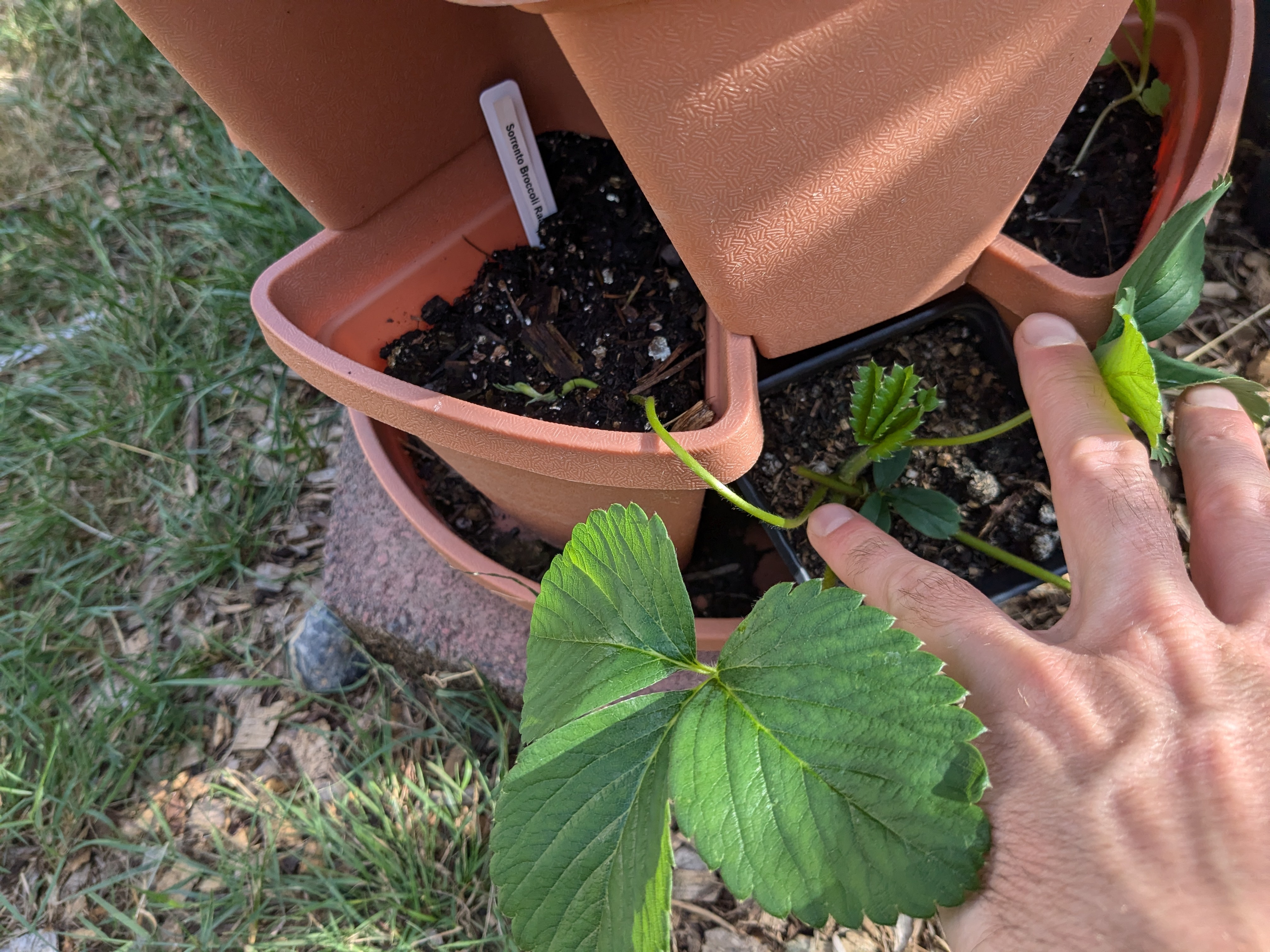
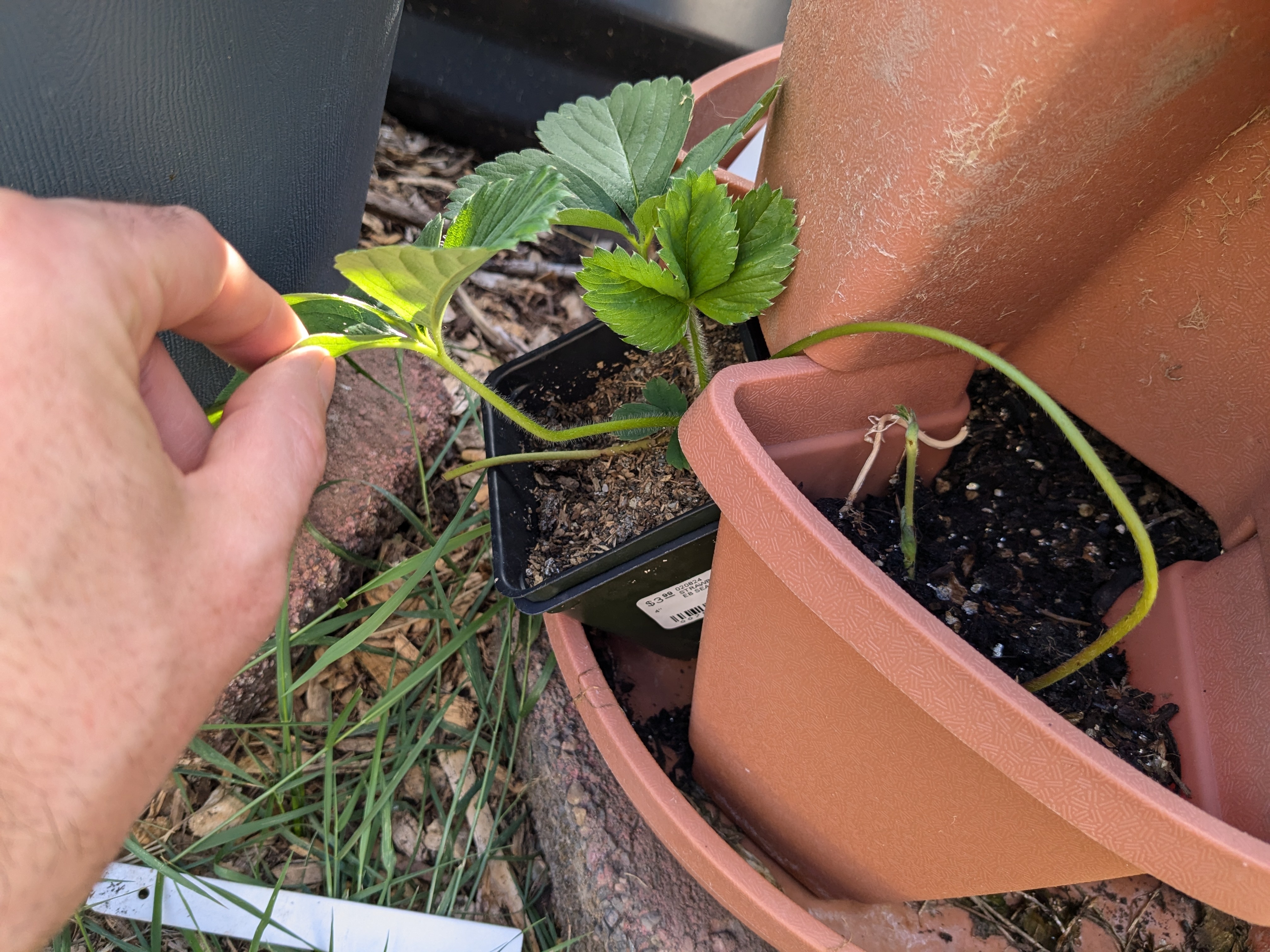
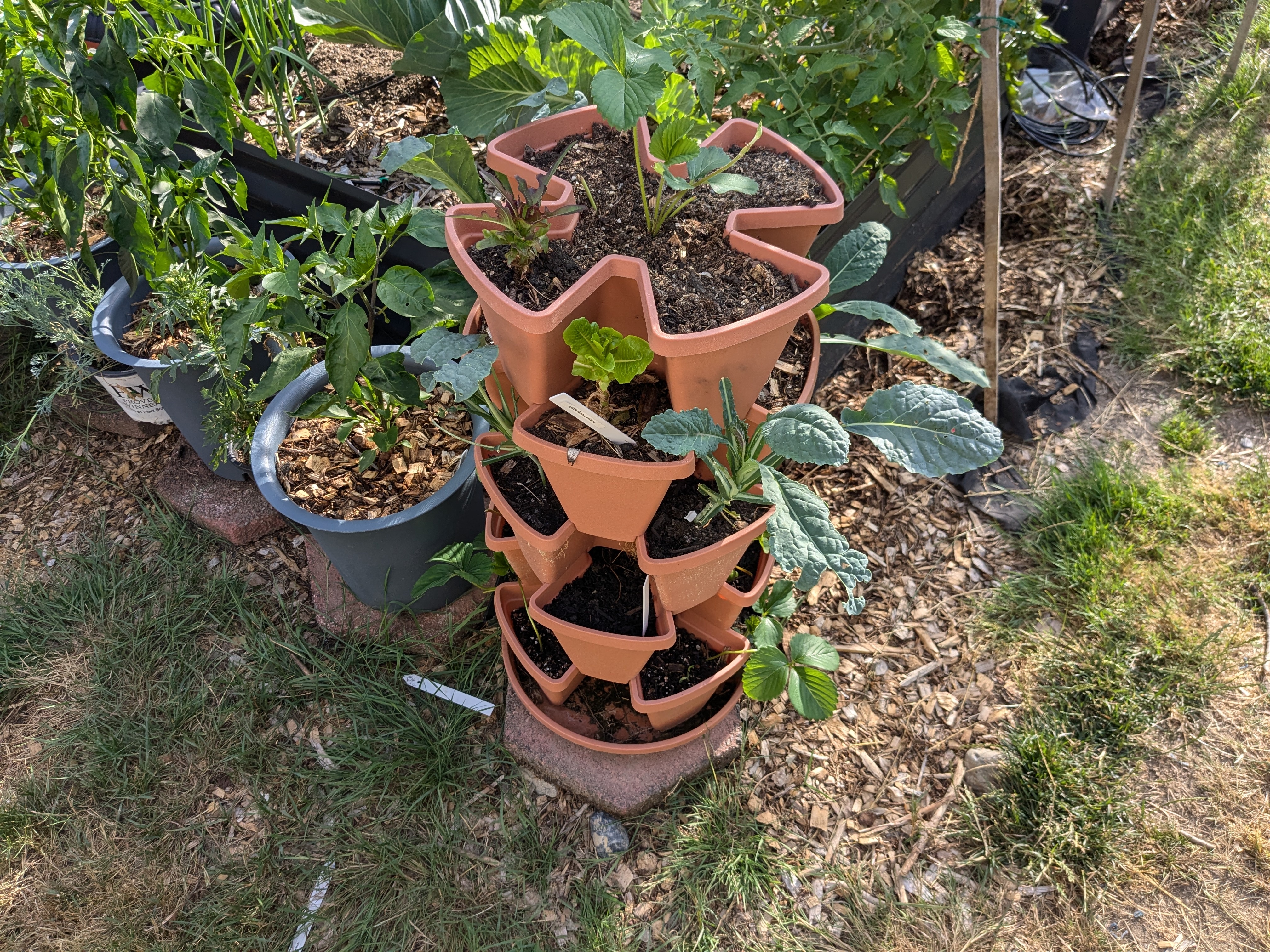
And speaking of those strawberries, I'm propagating a bunch of strawberry plants (june-bearing) to have more ground cover for next year in addition to the strawberry tower, and I'm hoping my ever-bearing strawberry will put out runners, but it's still fruiting consistently!
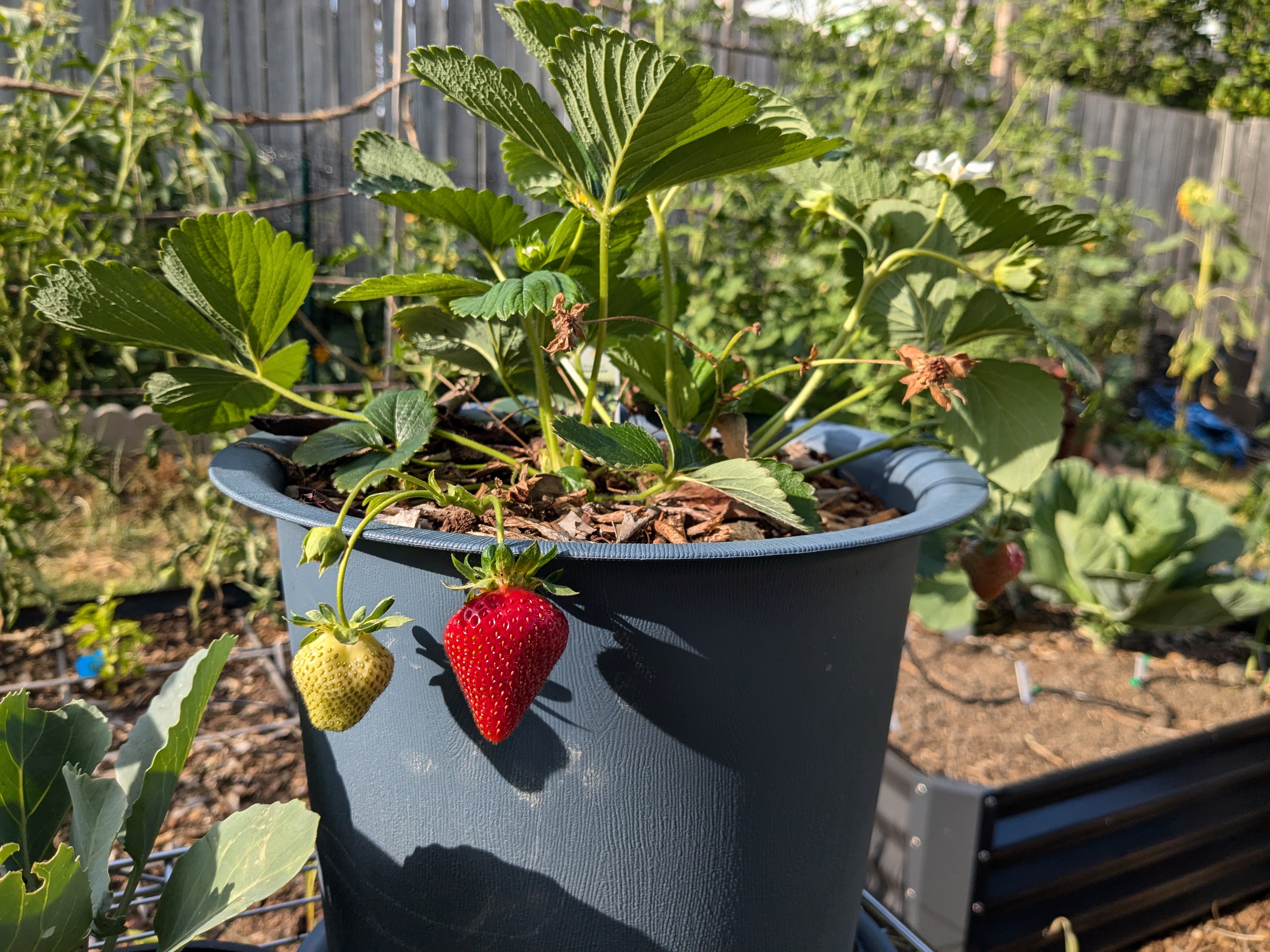
I got a small onion harvest (time to figure out how many onions I'd actually need in a year), and plenty of garlic. This was my first year growing onions, and half the garlic was from last years harvest!
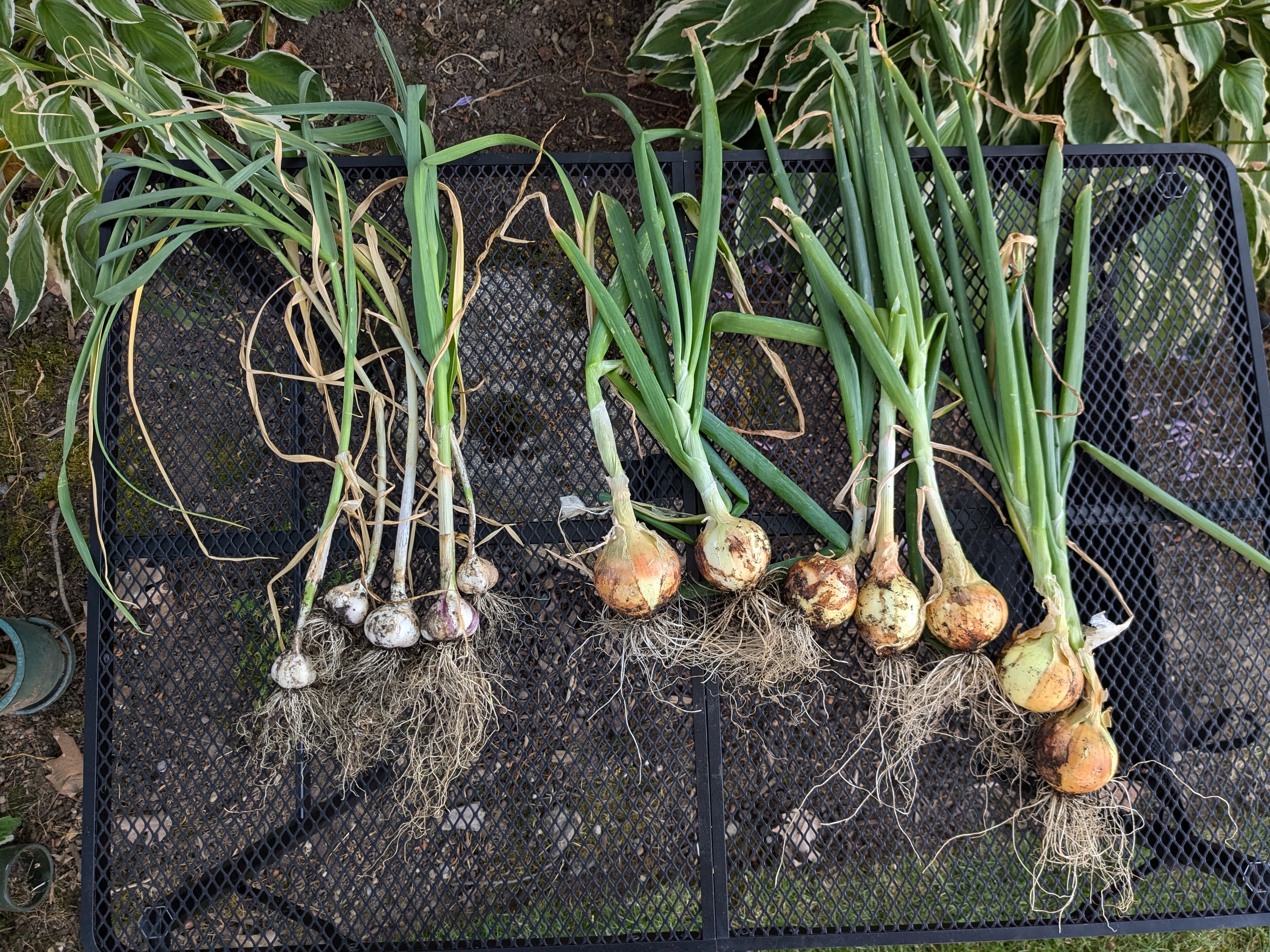
I also have numerous other things going - my lemongrass is growing really well:
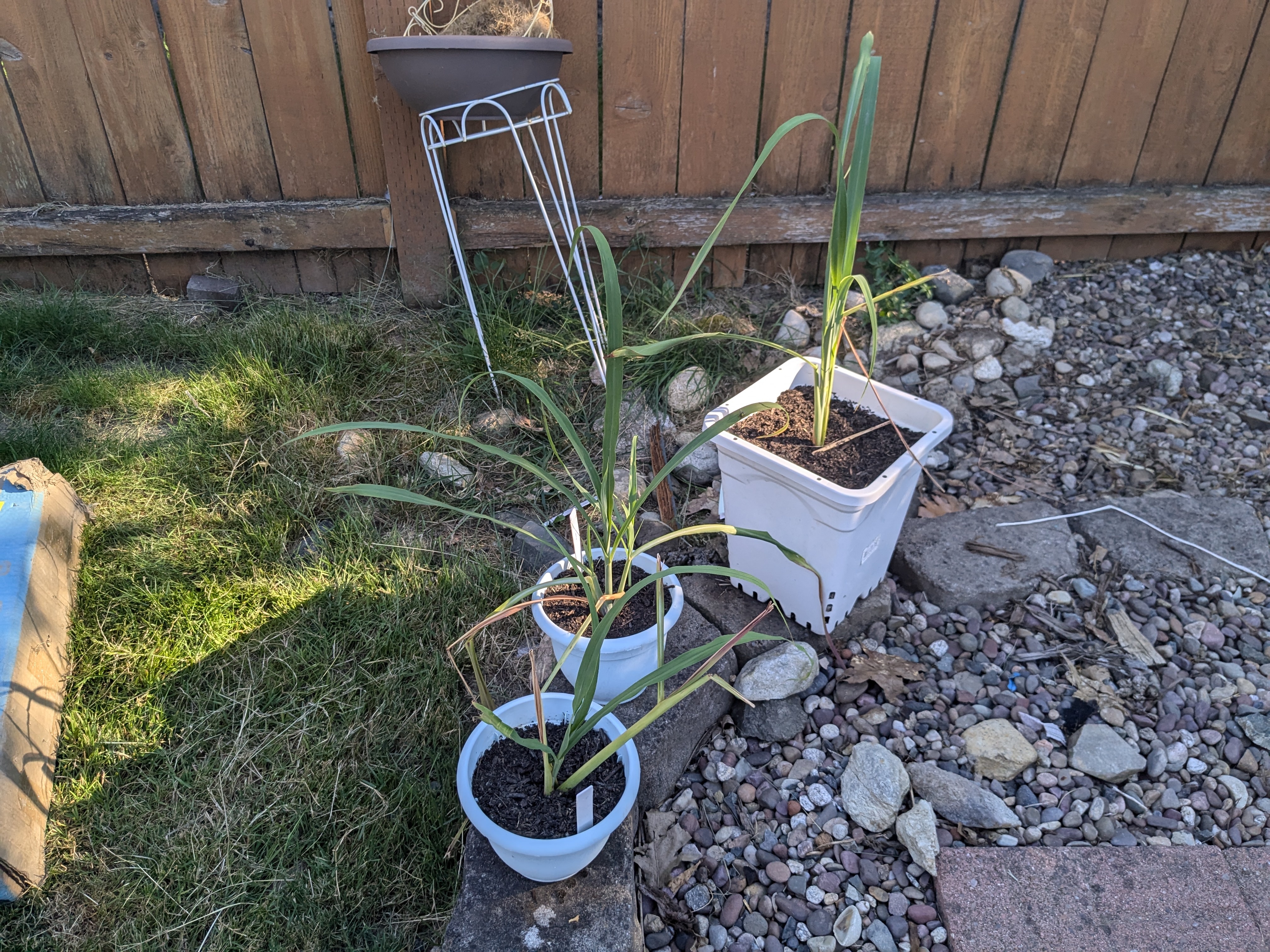
As is my celery in a pot:
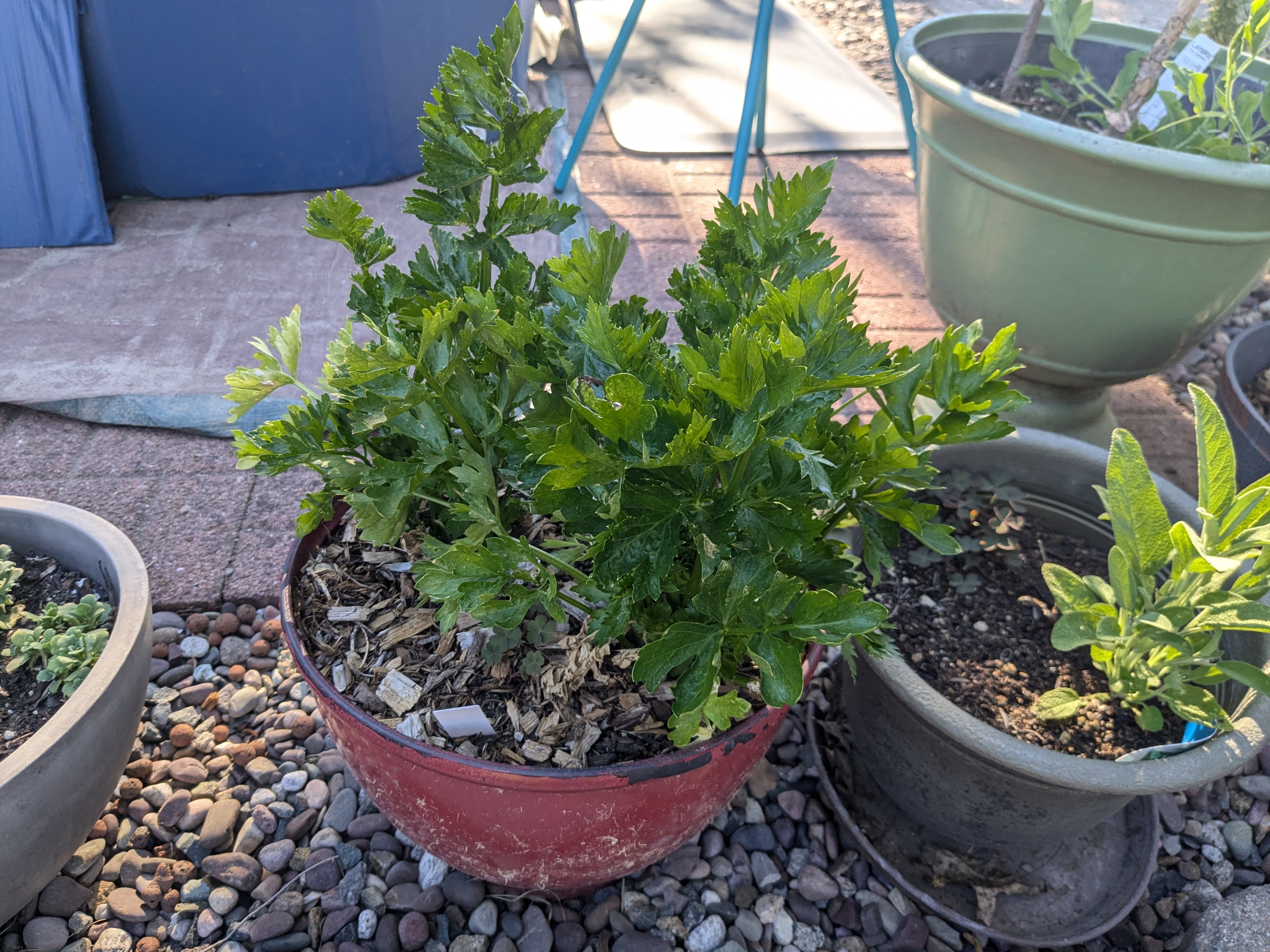
I've been growing marigolds and nasturtiums all over the place. The nasturtiums are great in salad! My cabbage started doing pretty well once I defeated an Aphid Menace that was stunting them.
So, that's my big ole report! What’s growing on with you all?
(Apologies to [email protected] if I stepped on your toes, I felt compelled to make a weekly thread!)

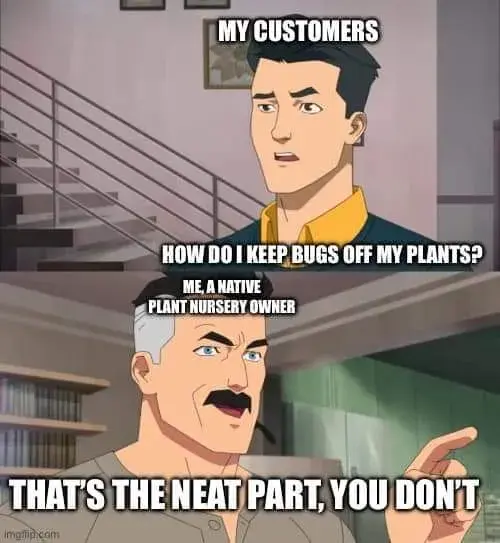

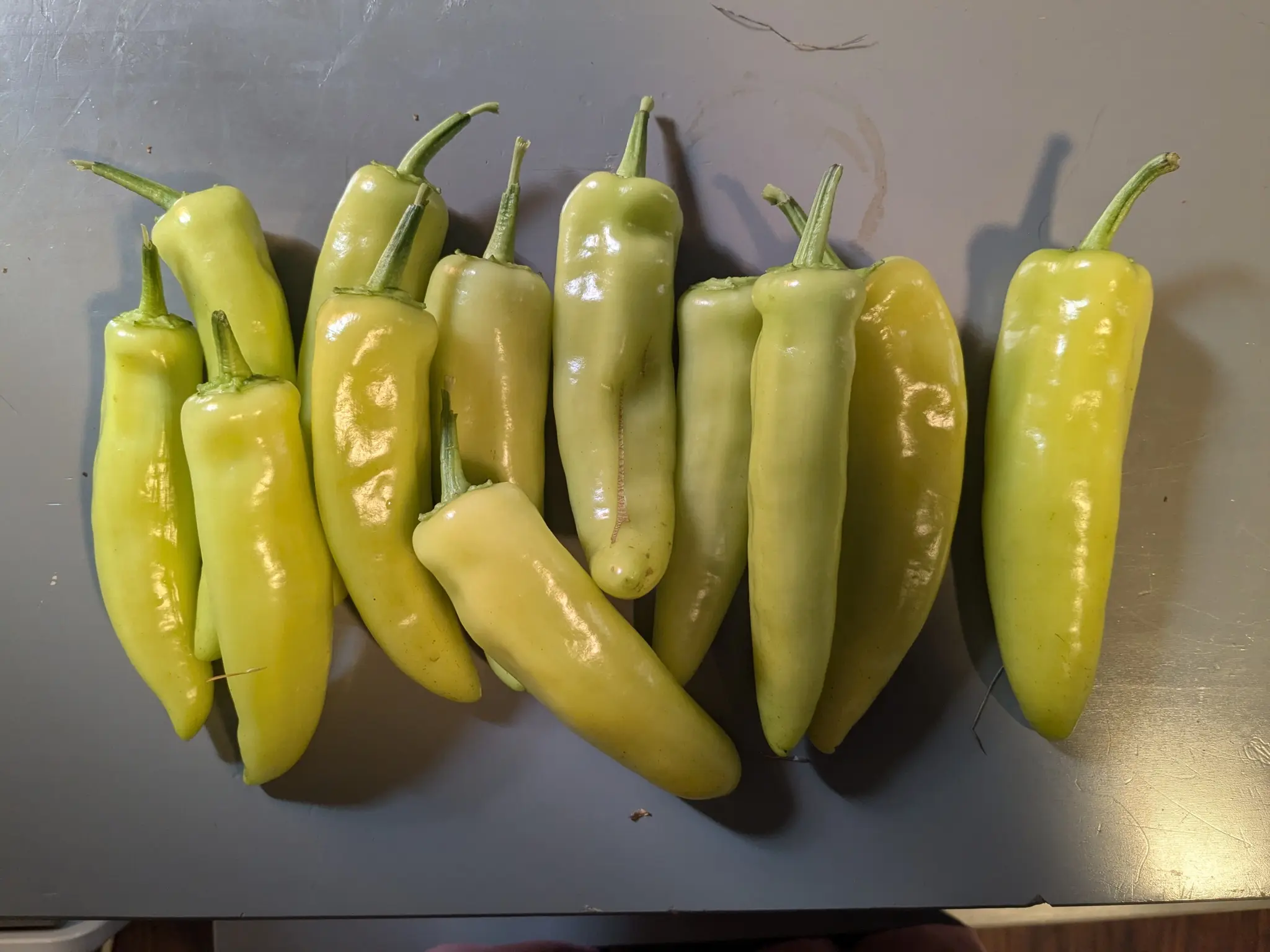



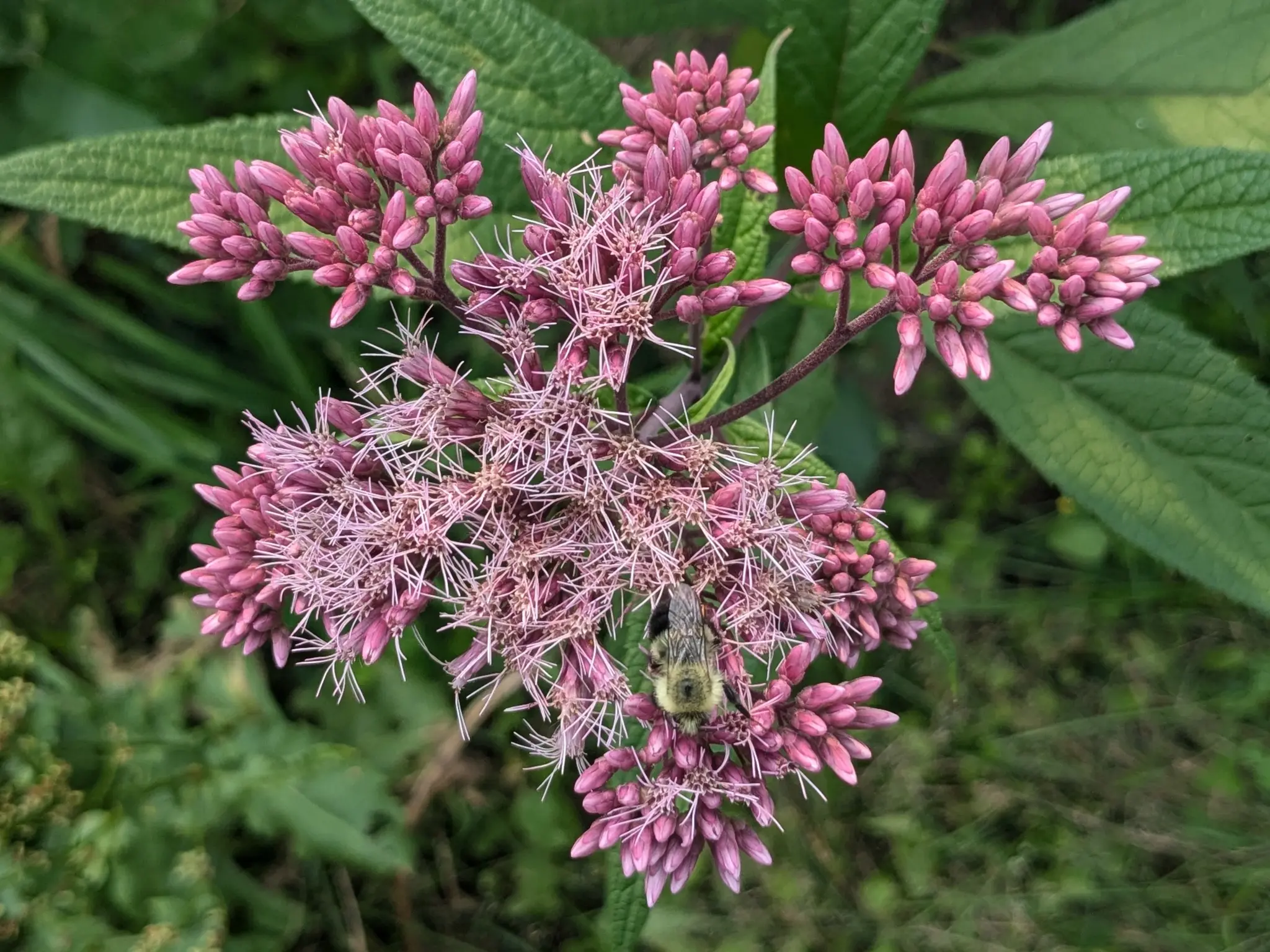
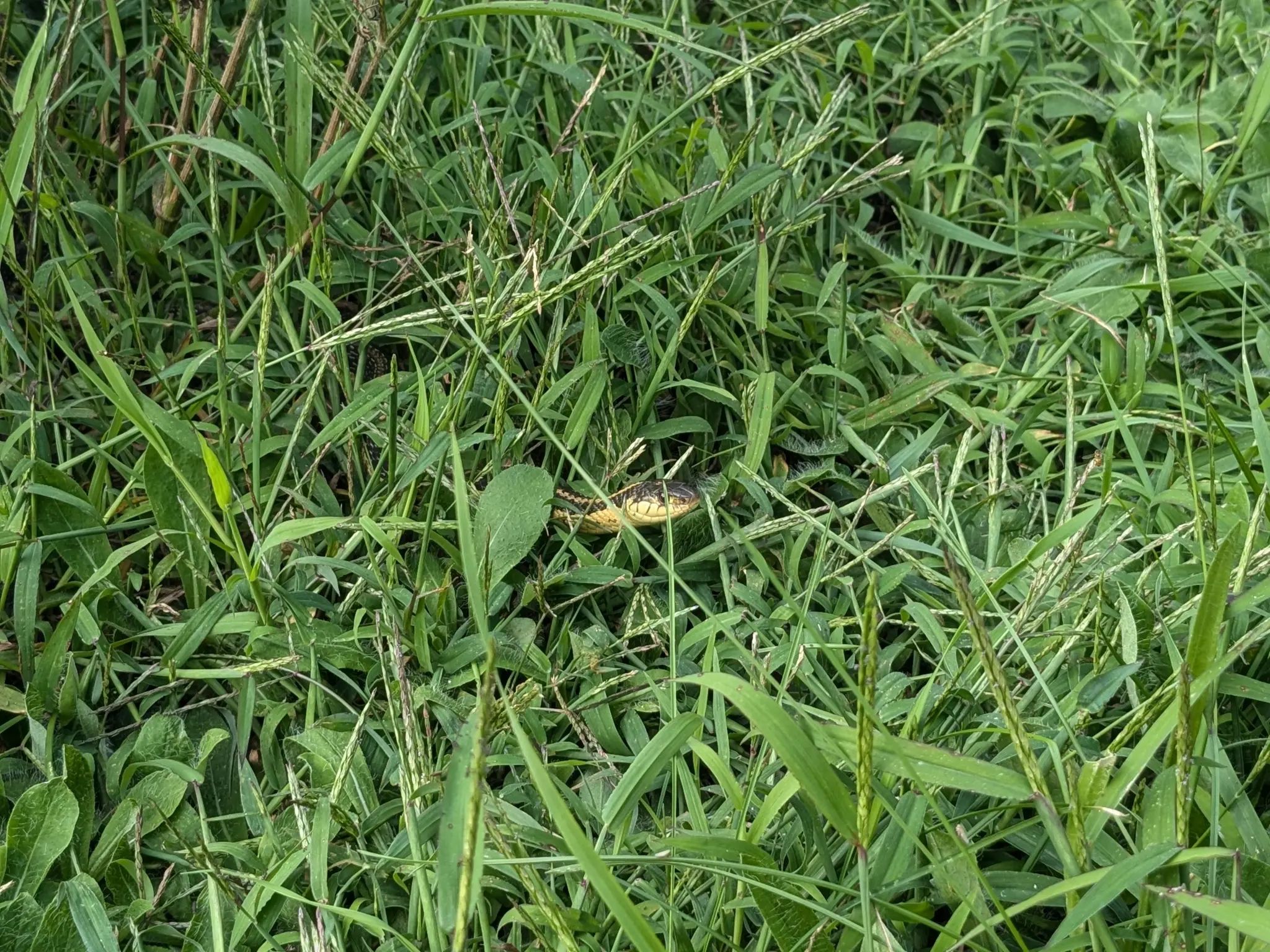

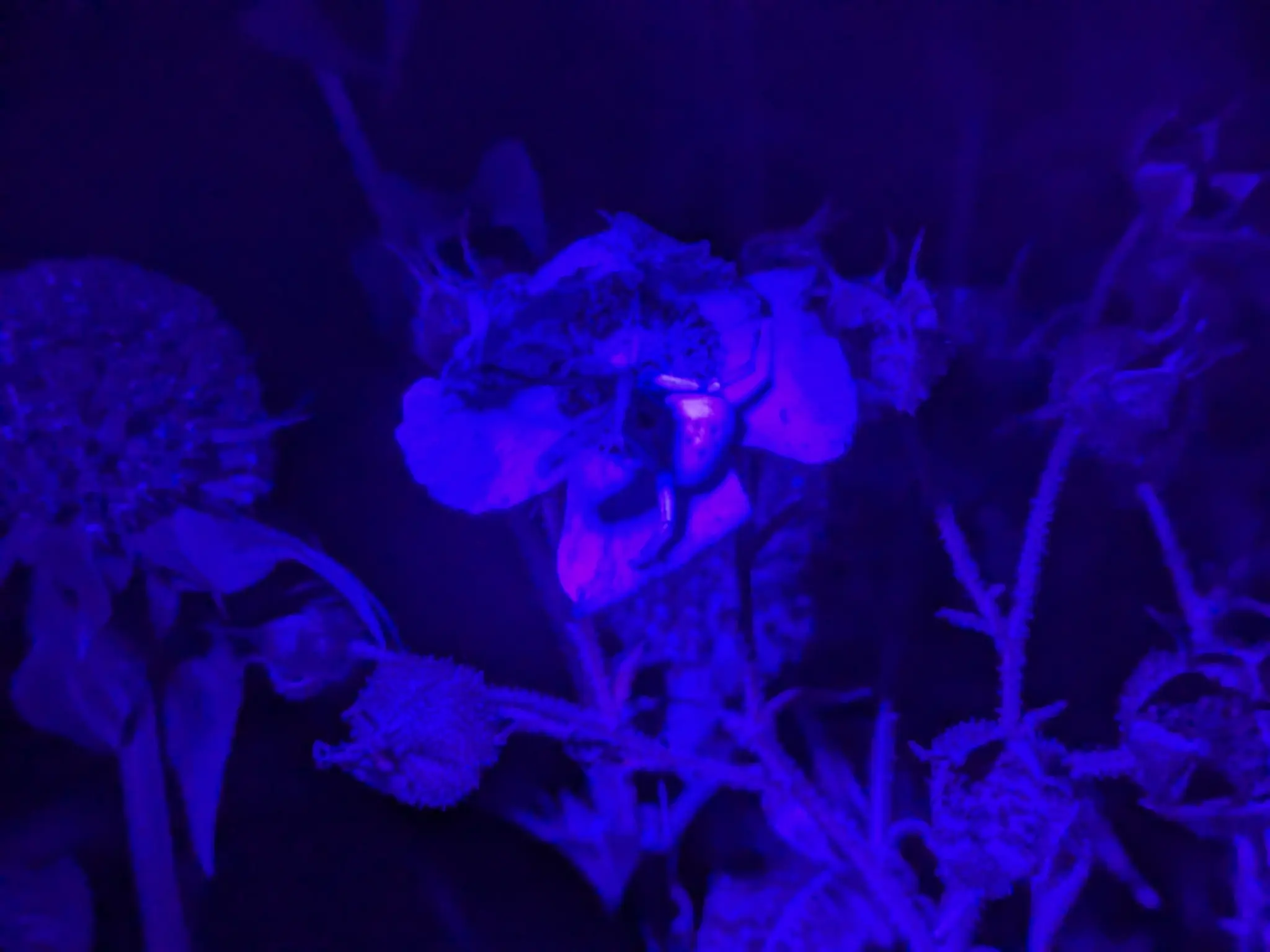
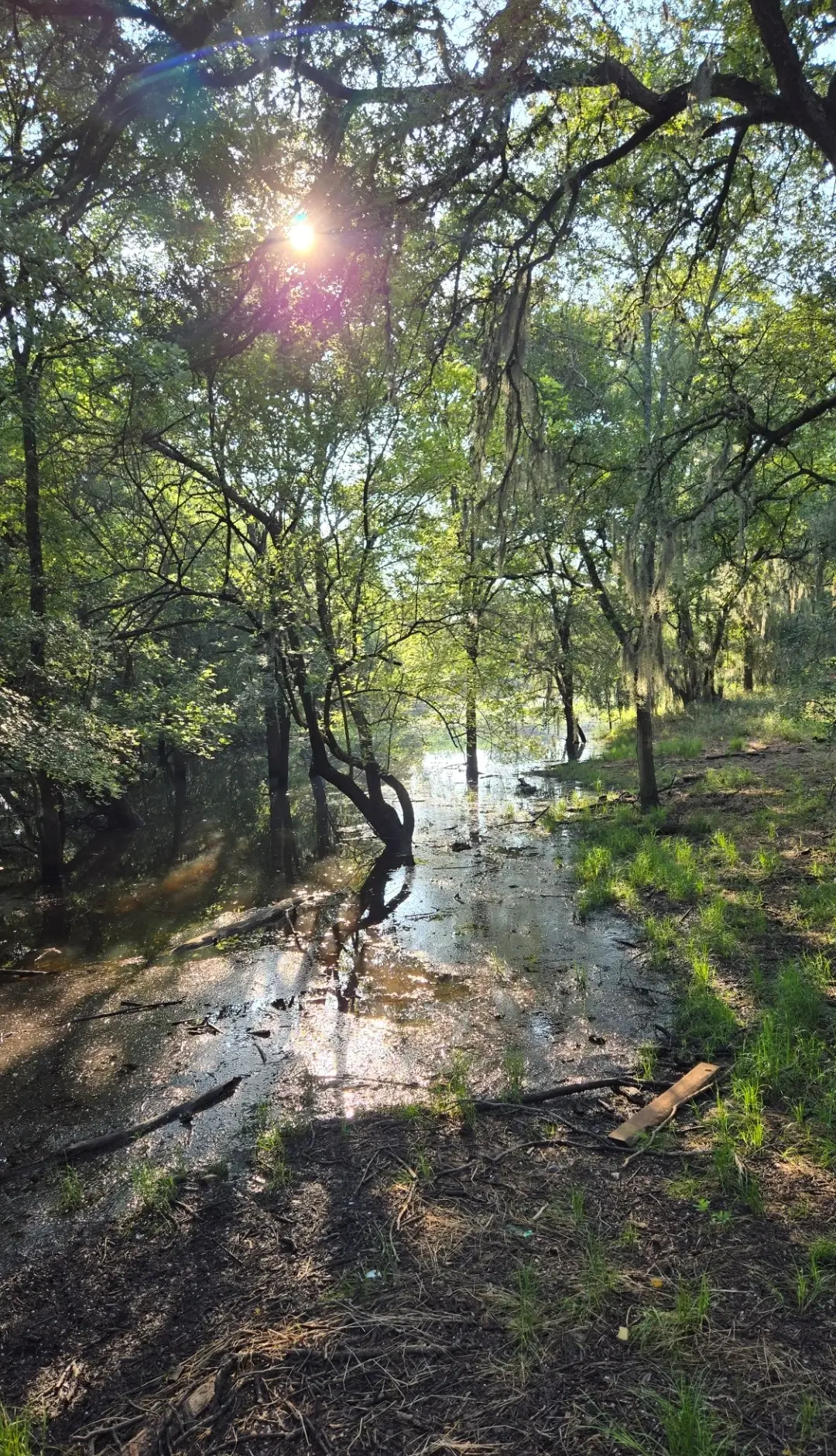
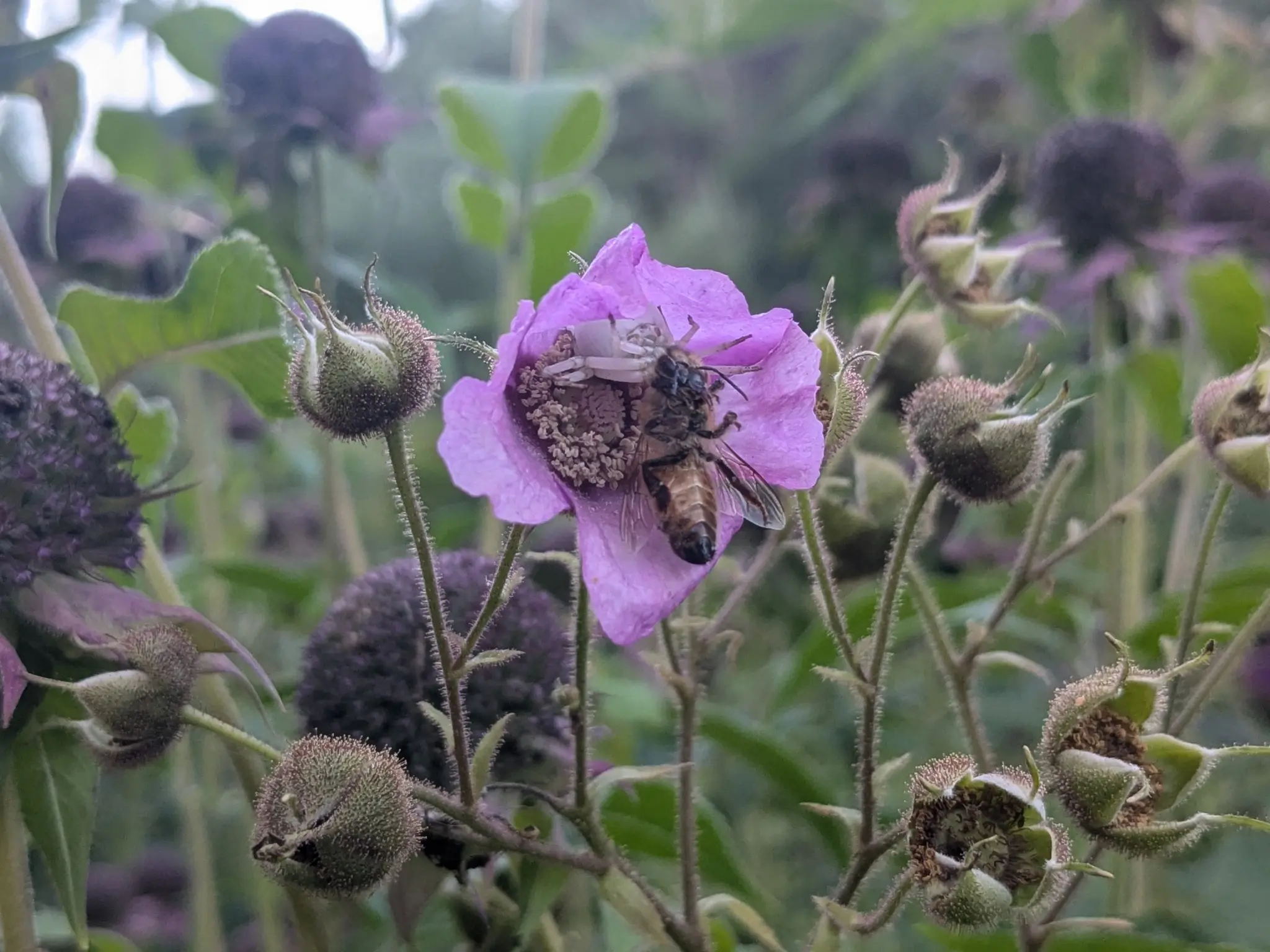
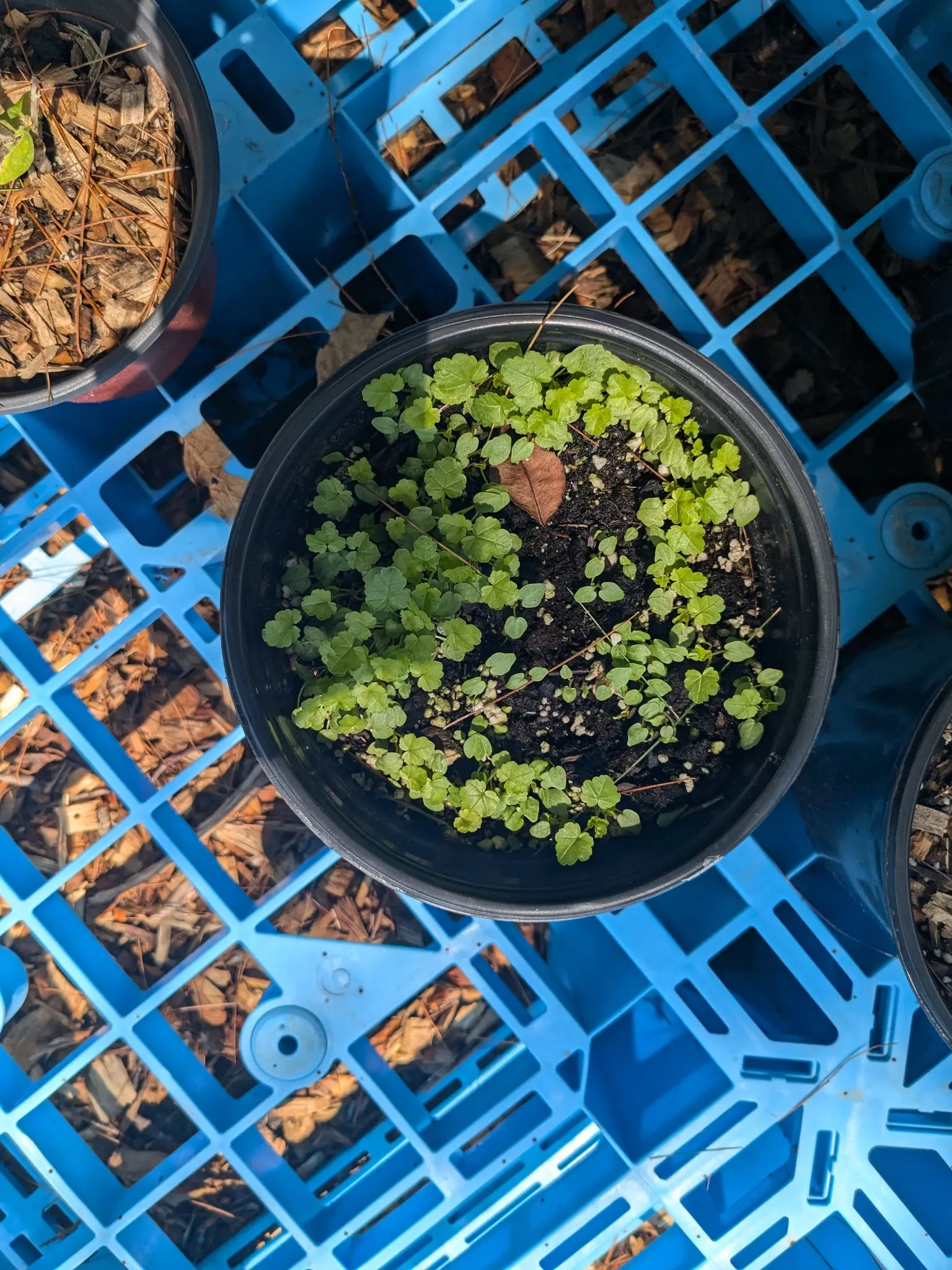

 I've just made my first batch of pickles using a Claussen knock off recipe from the forbidden site, so we'll see how that goes. It just went in the fridge for cooling, so I get to try it in just a couple days!
I've just made my first batch of pickles using a Claussen knock off recipe from the forbidden site, so we'll see how that goes. It just went in the fridge for cooling, so I get to try it in just a couple days! Those are in containers. The other two varieties are trellised and are going nuts!
Those are in containers. The other two varieties are trellised and are going nuts!













